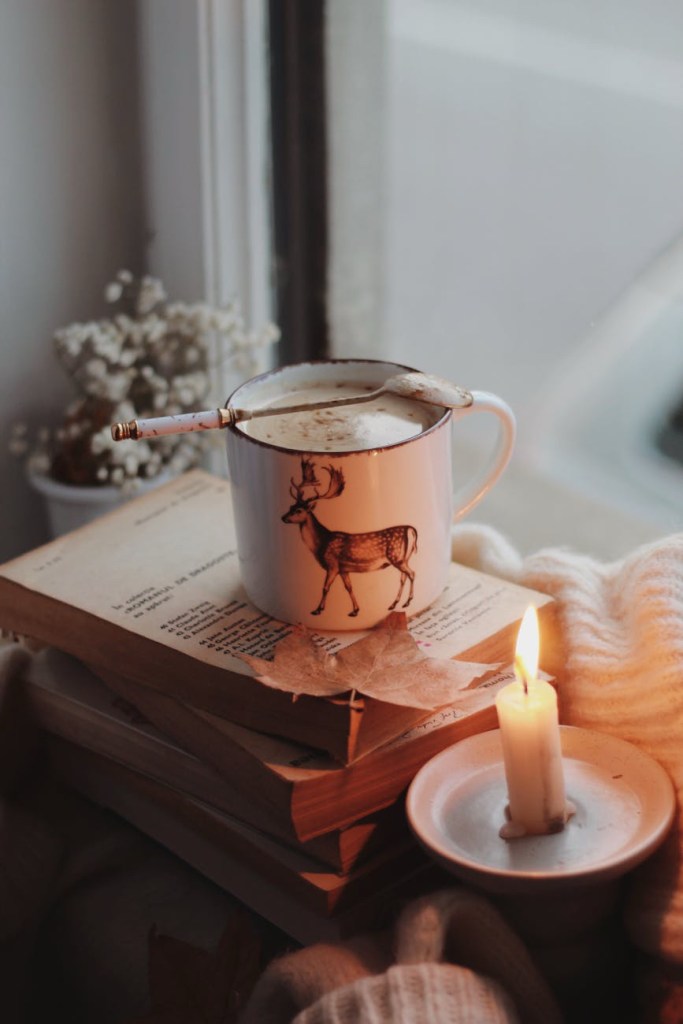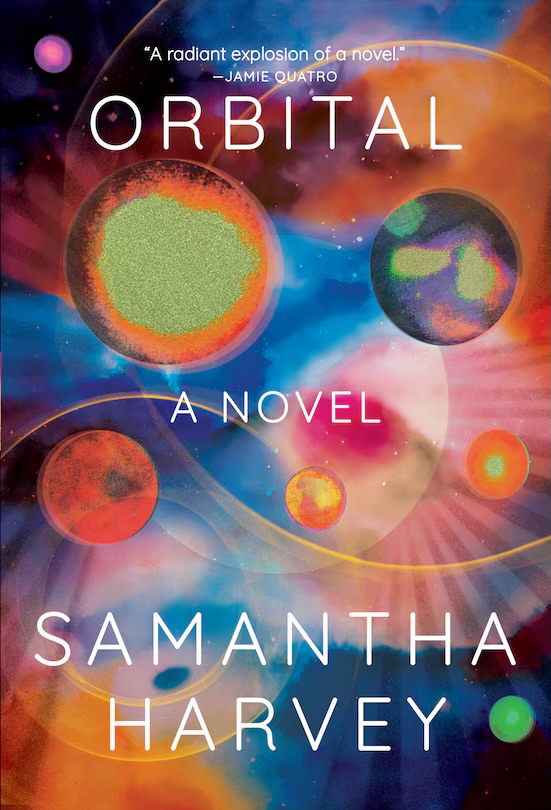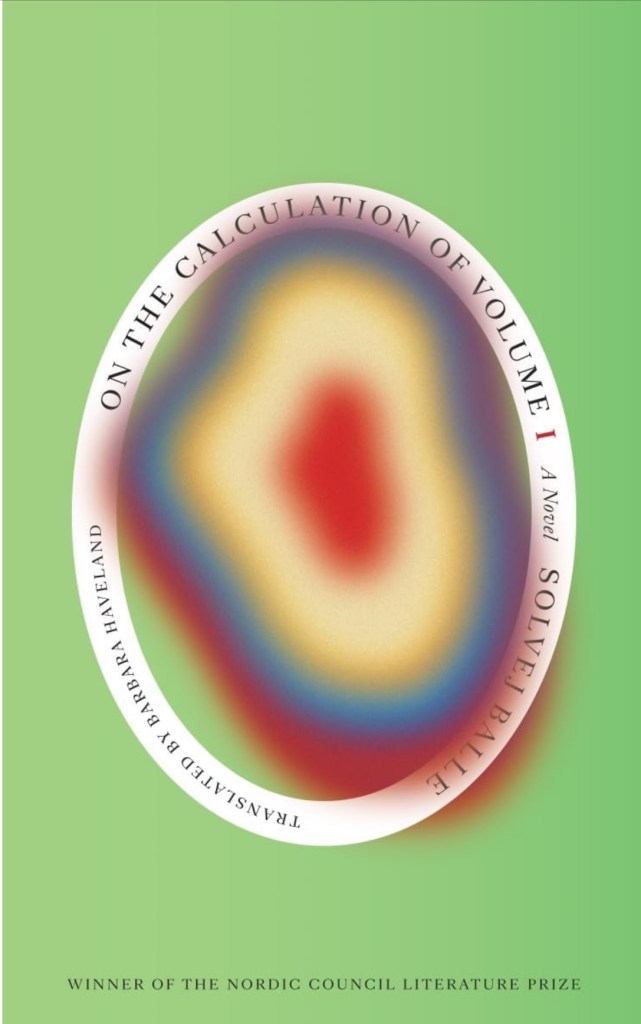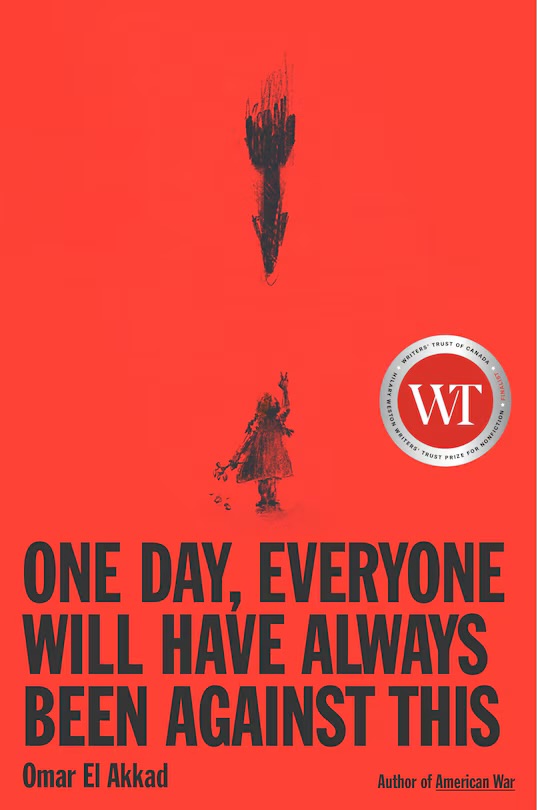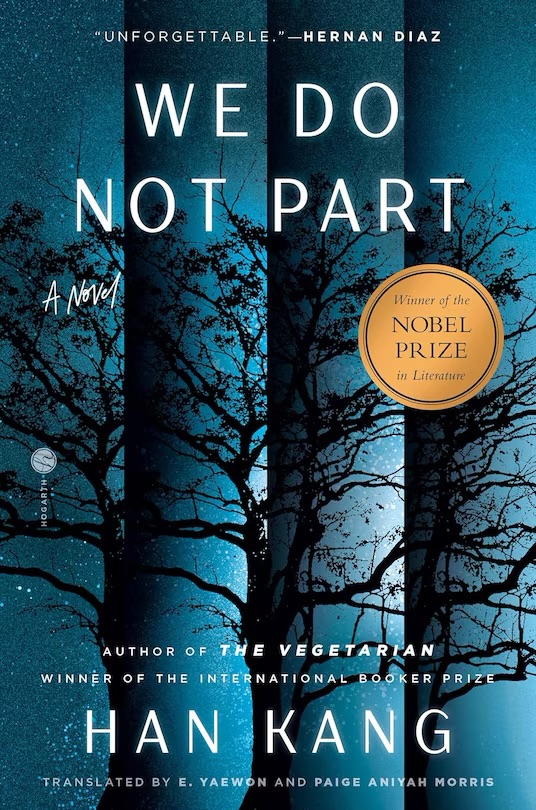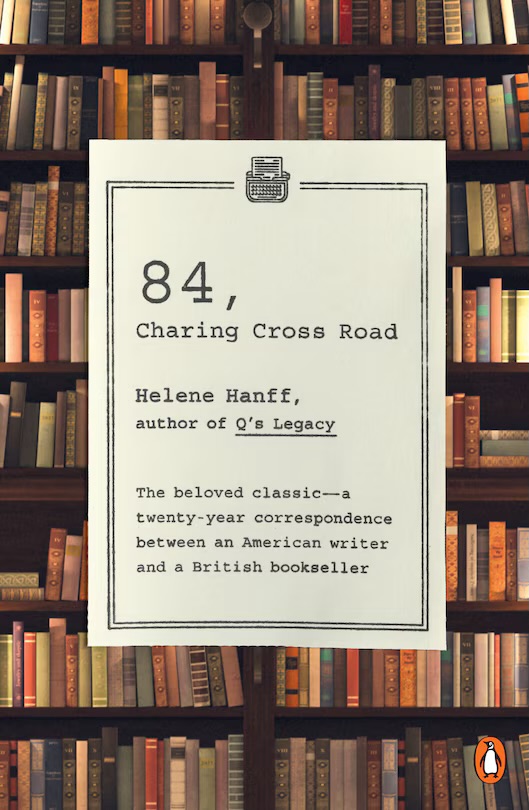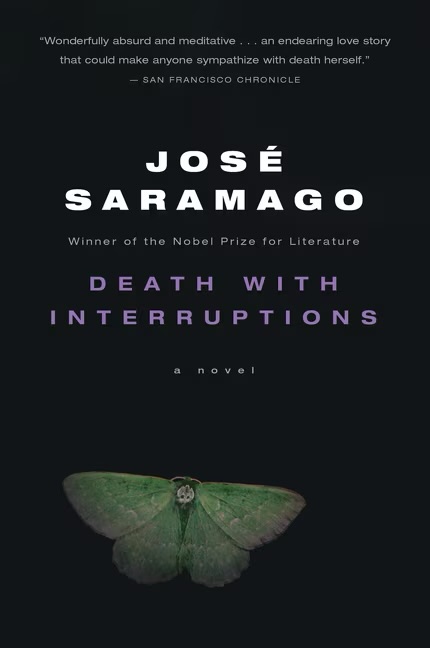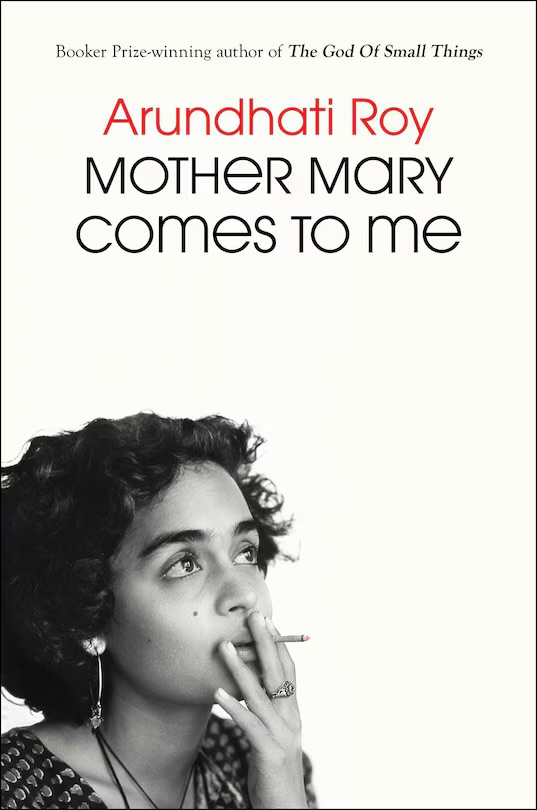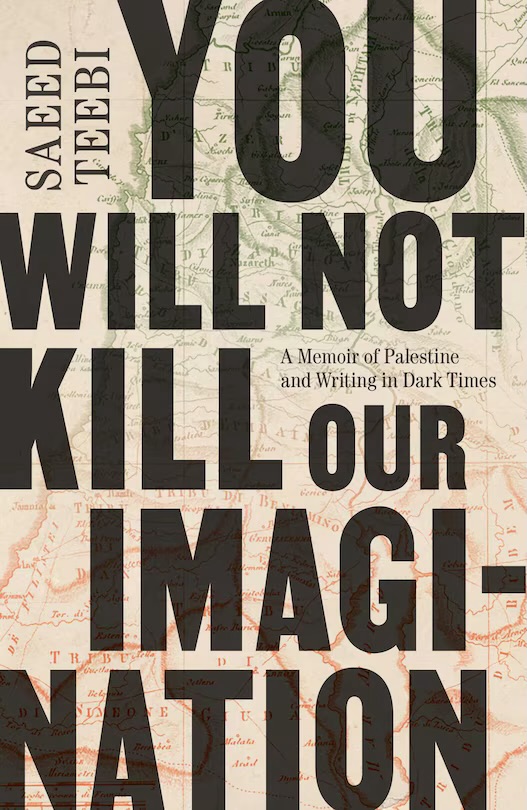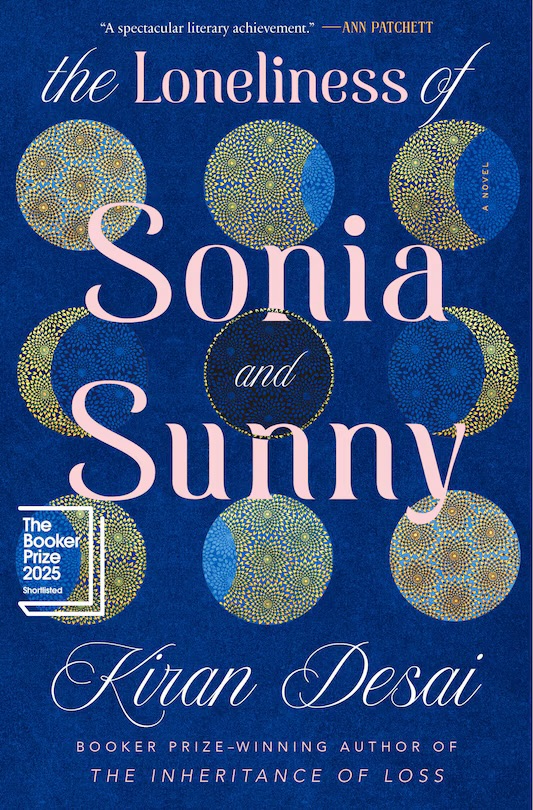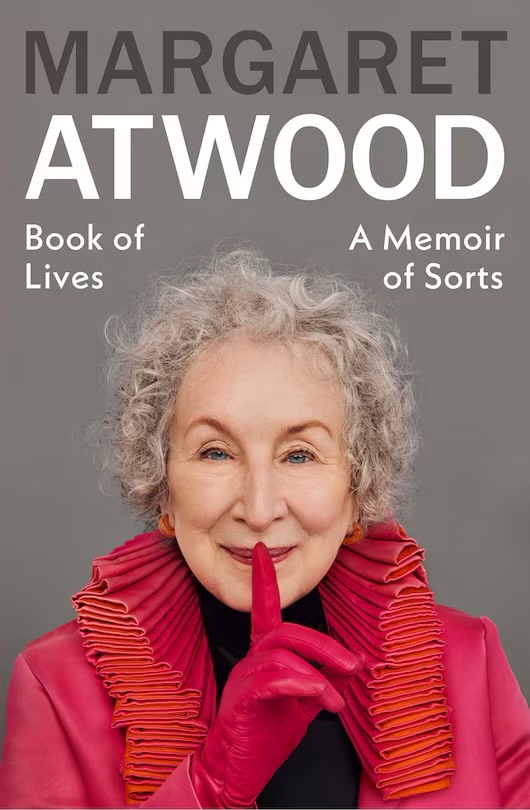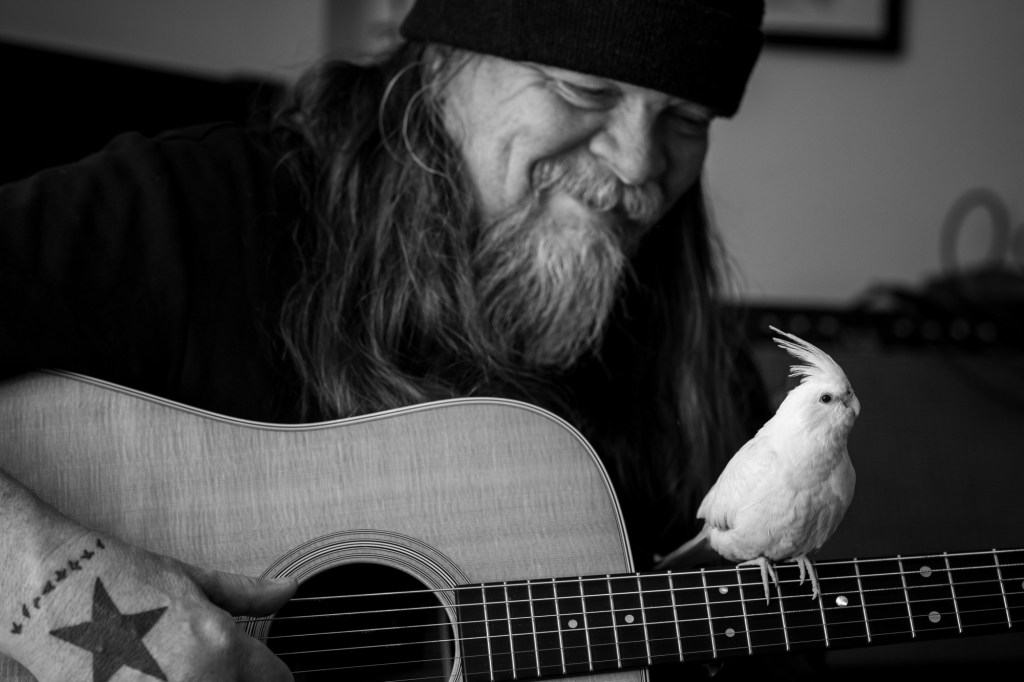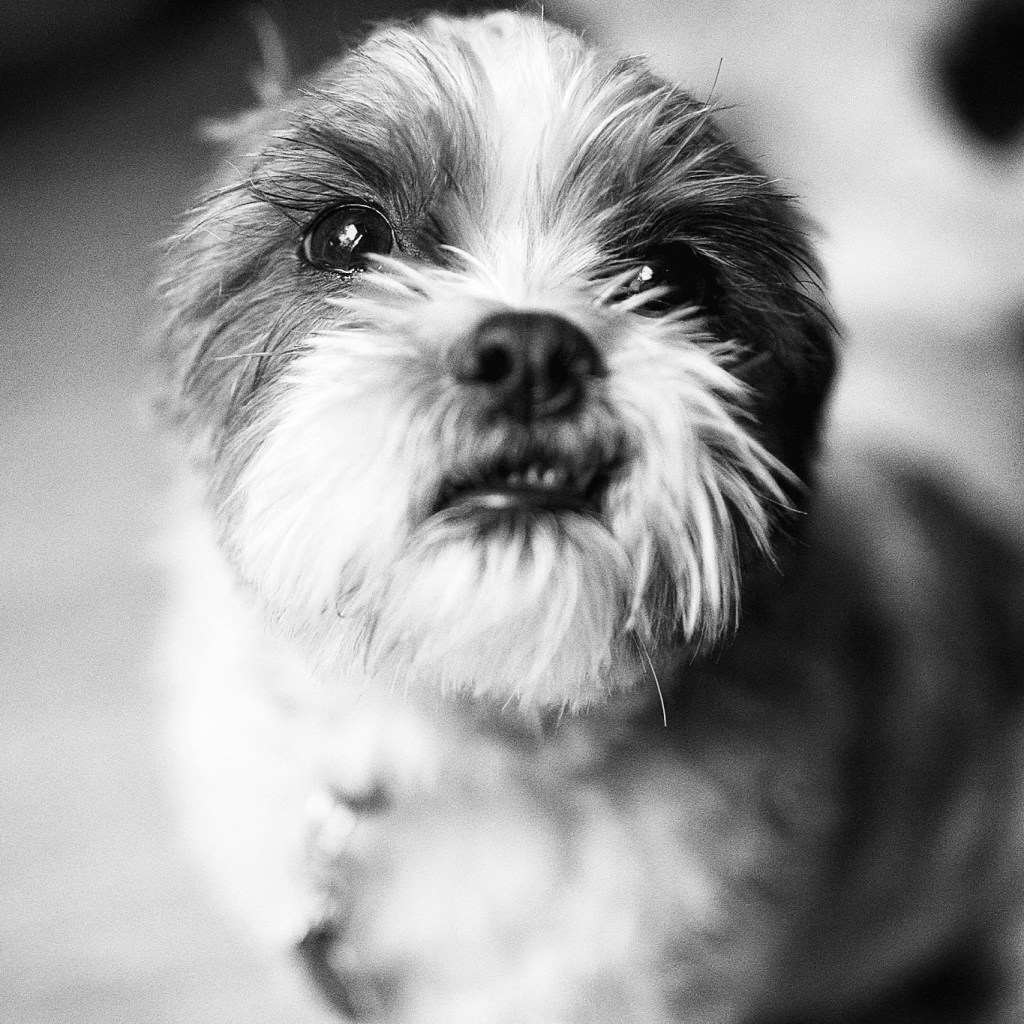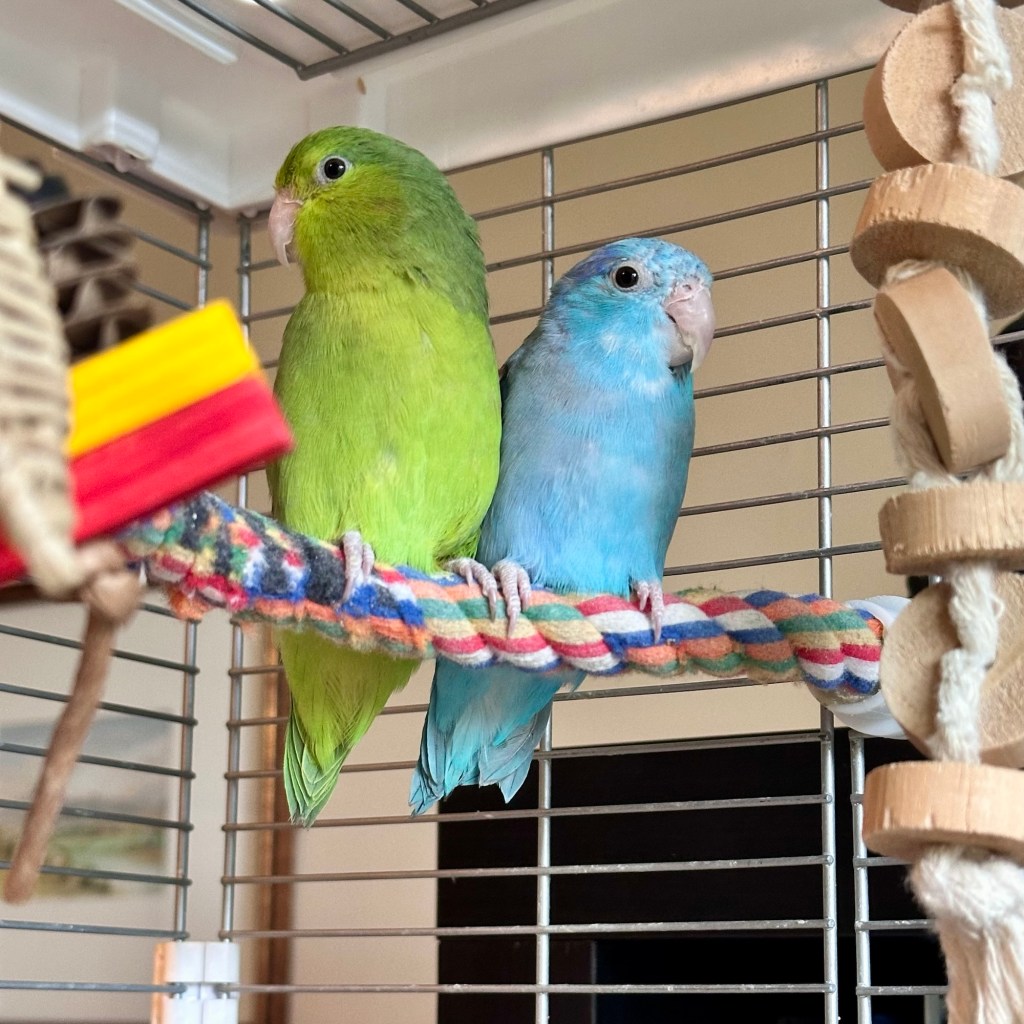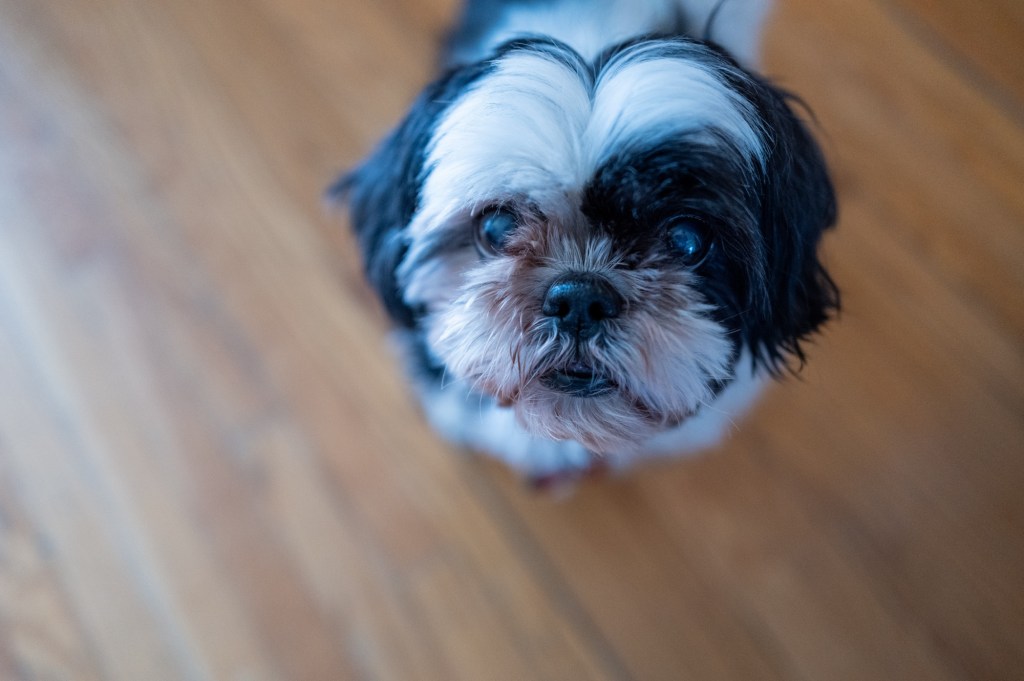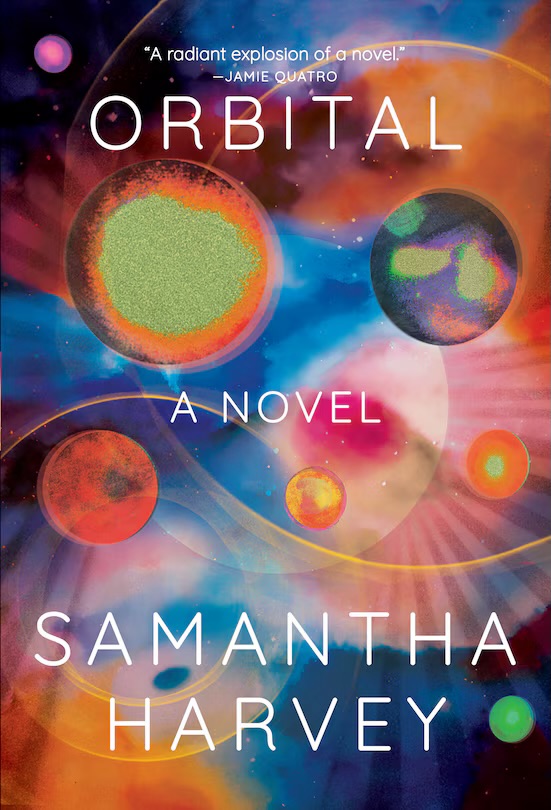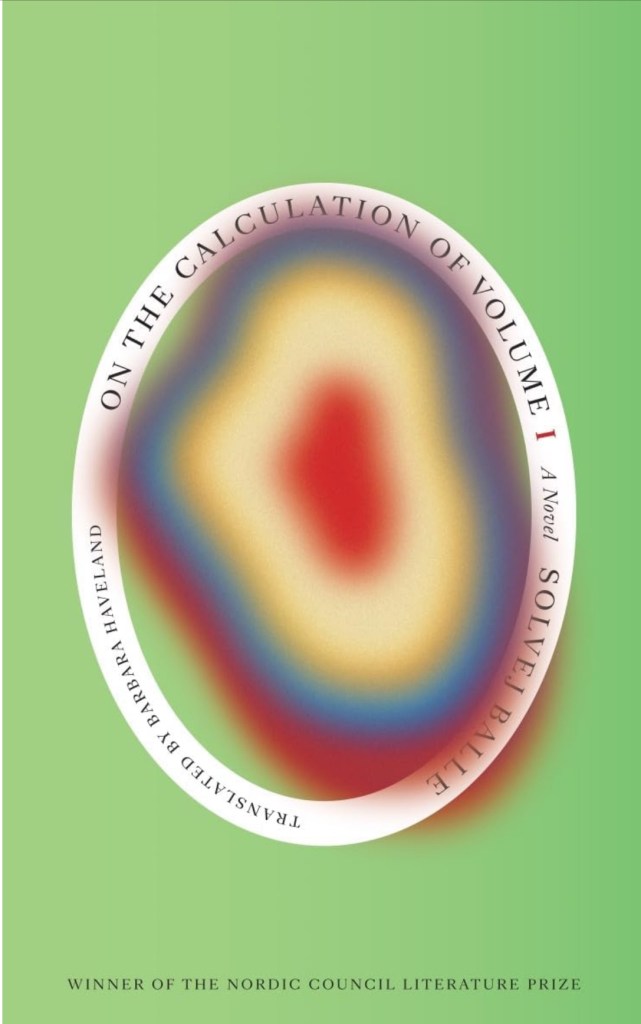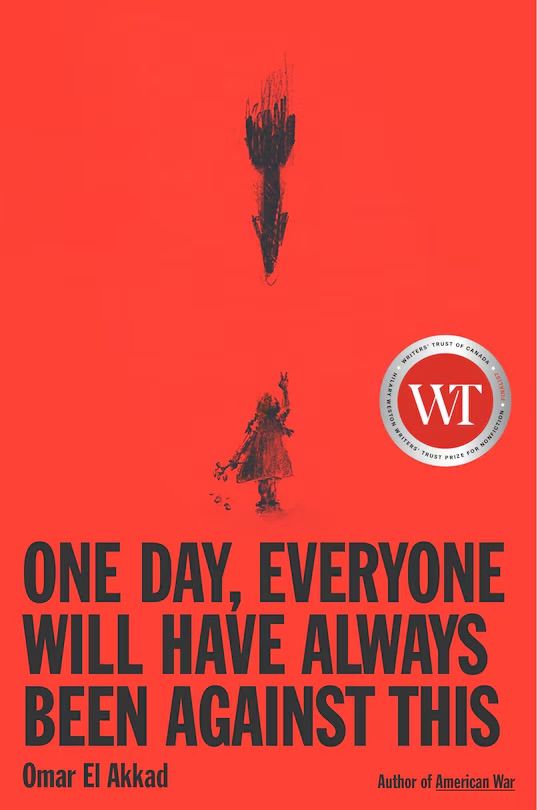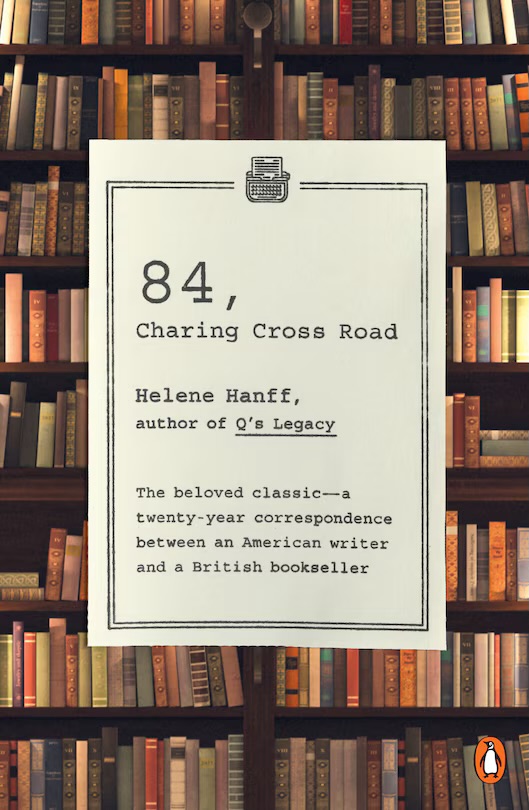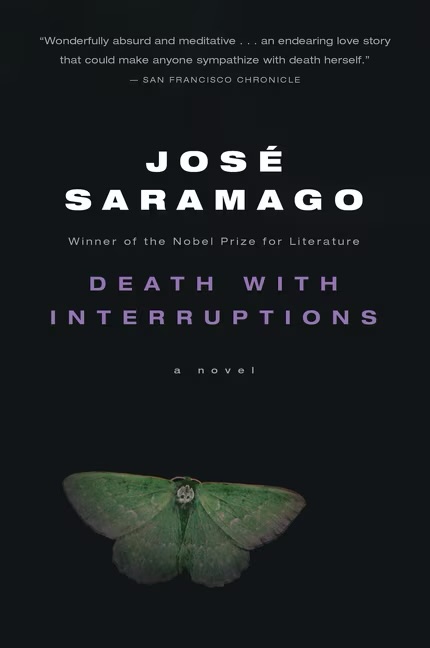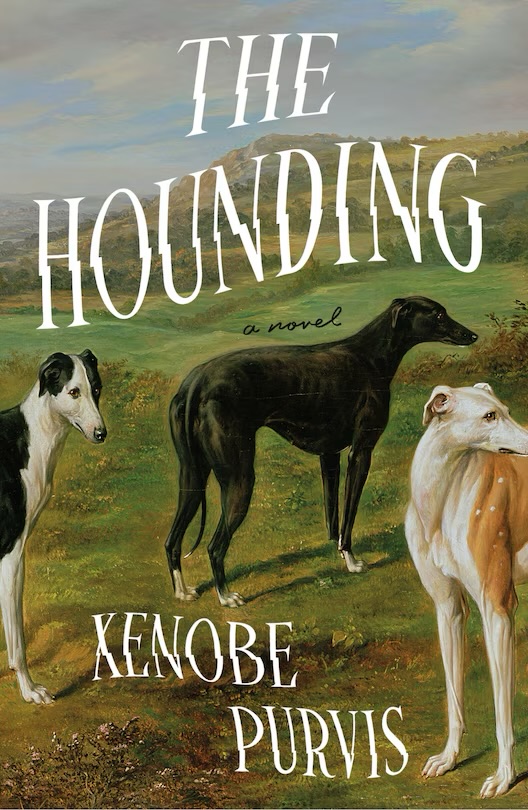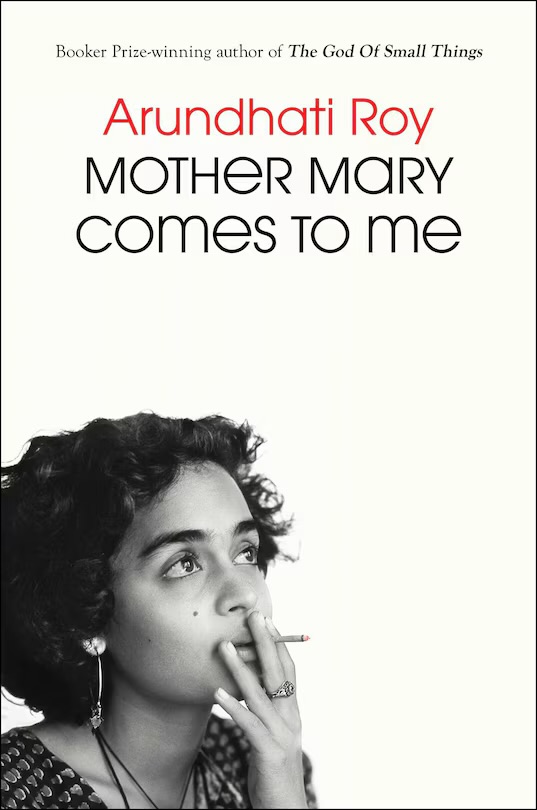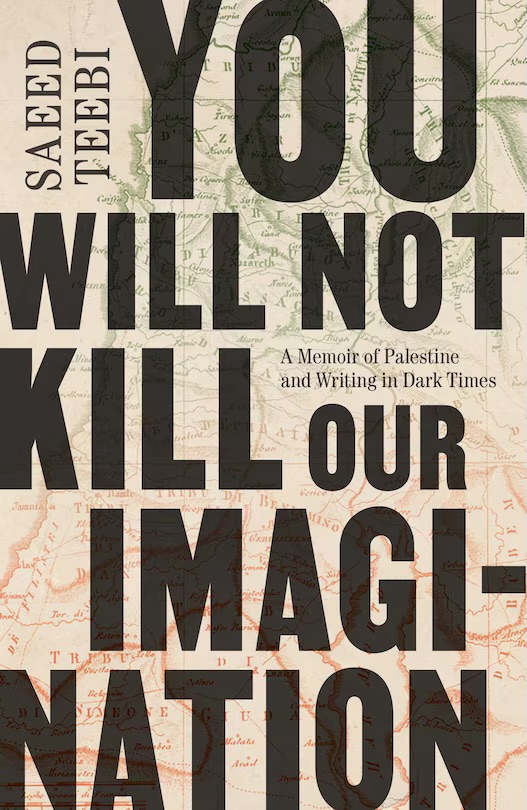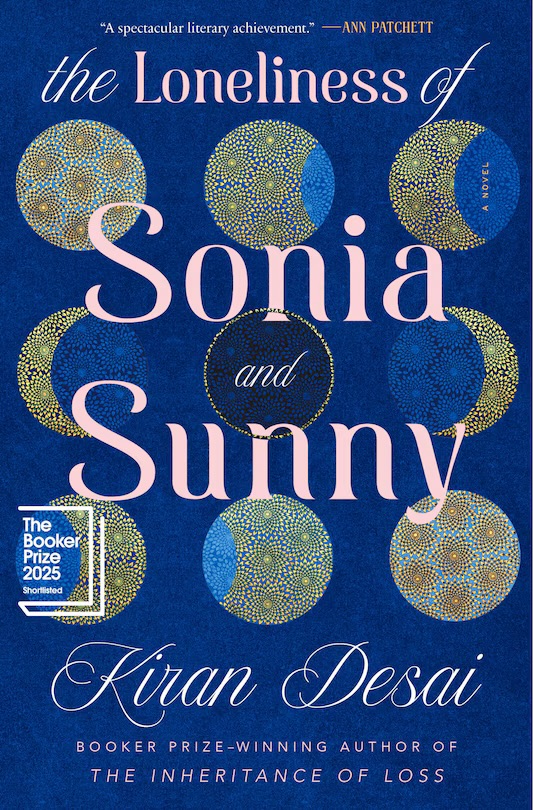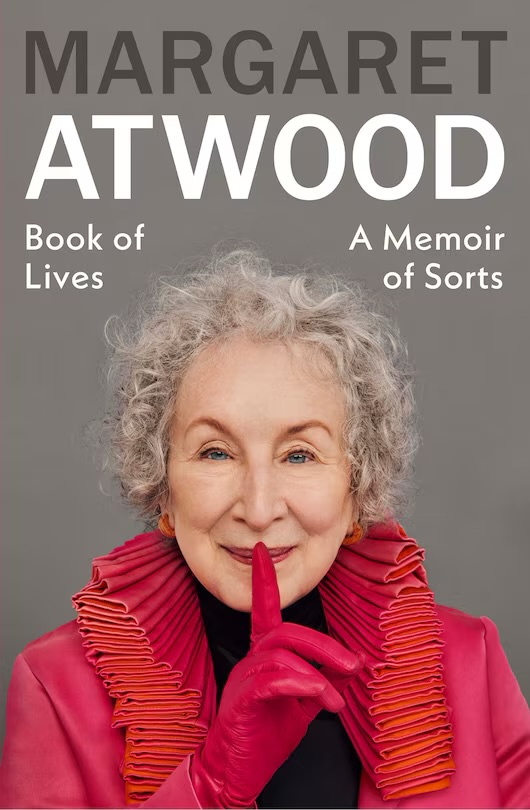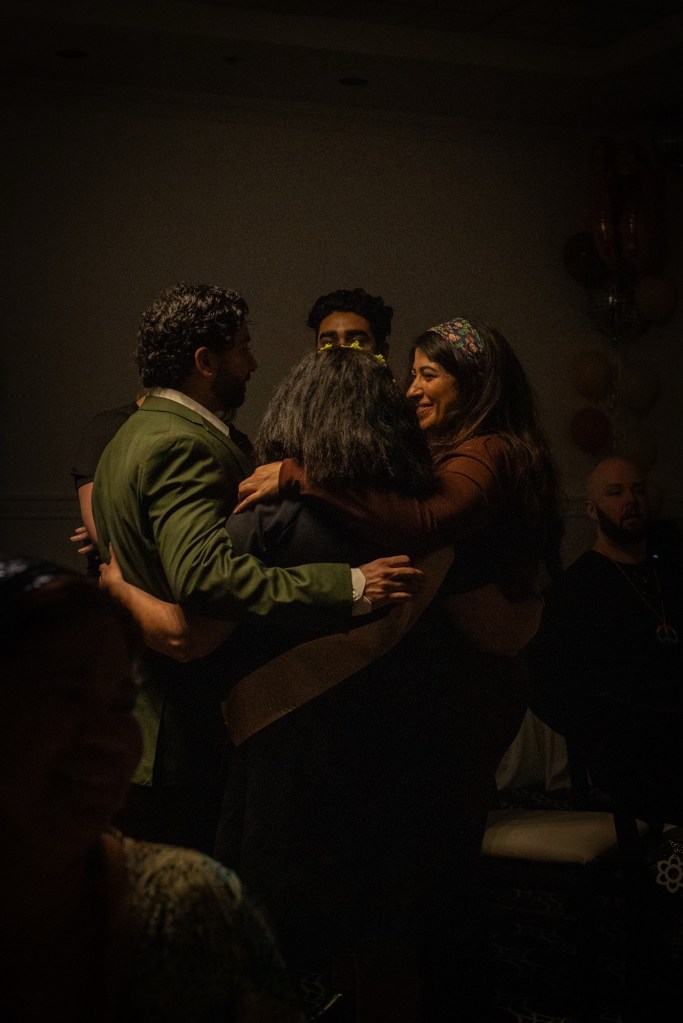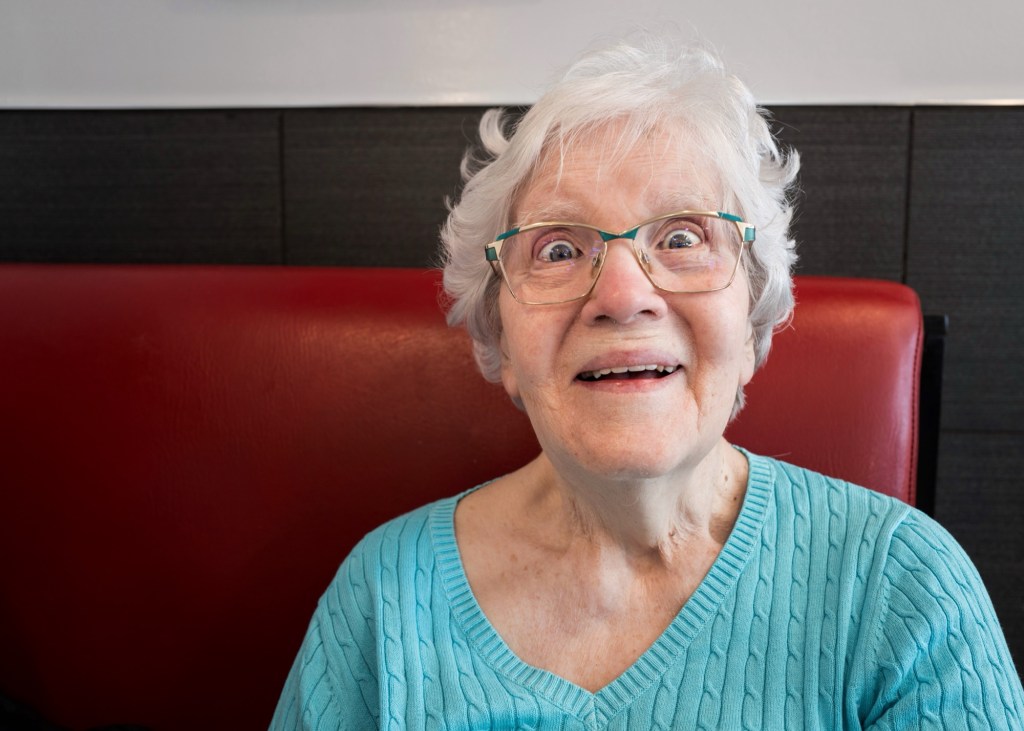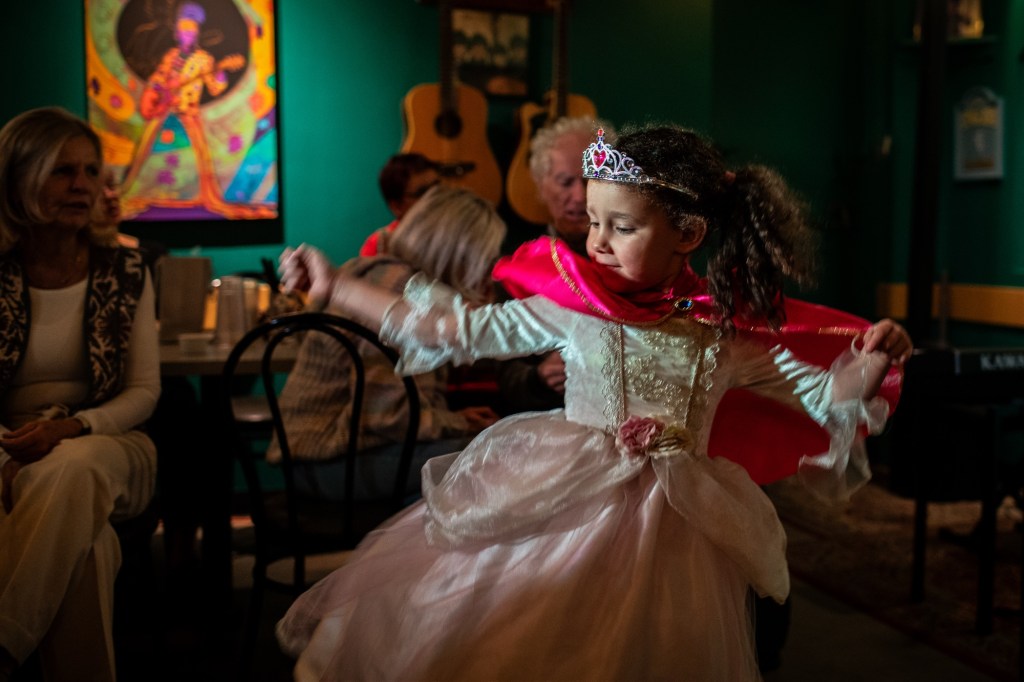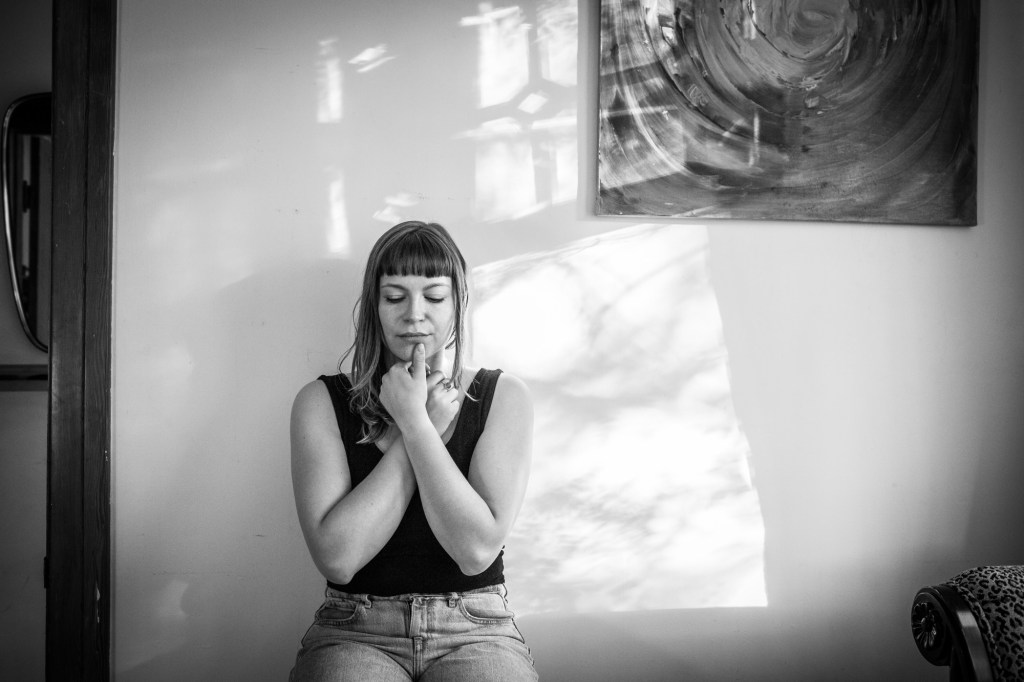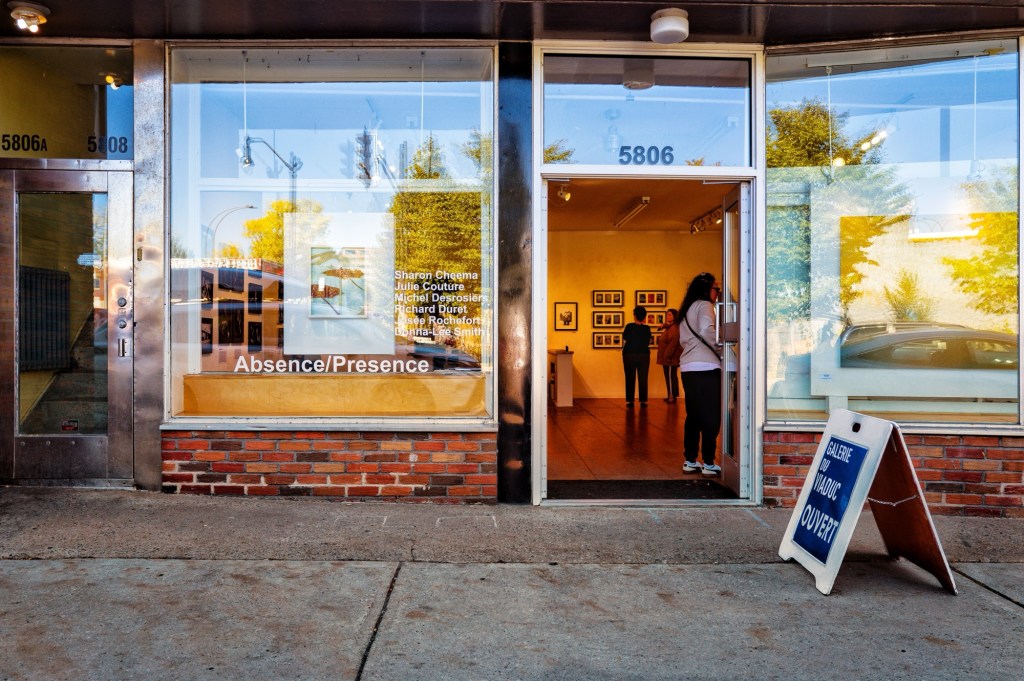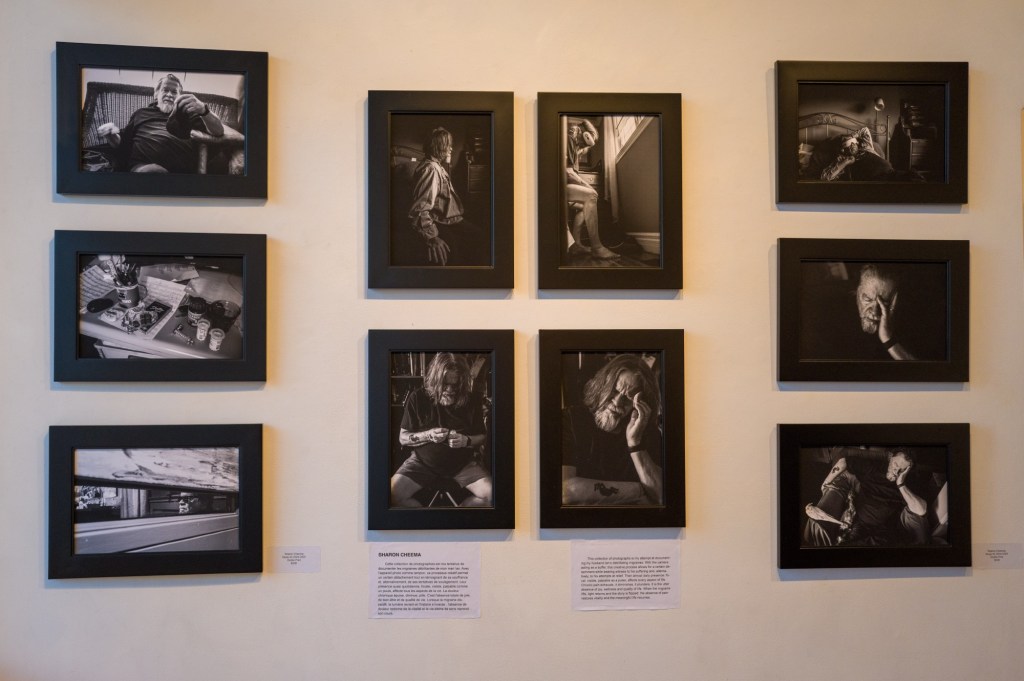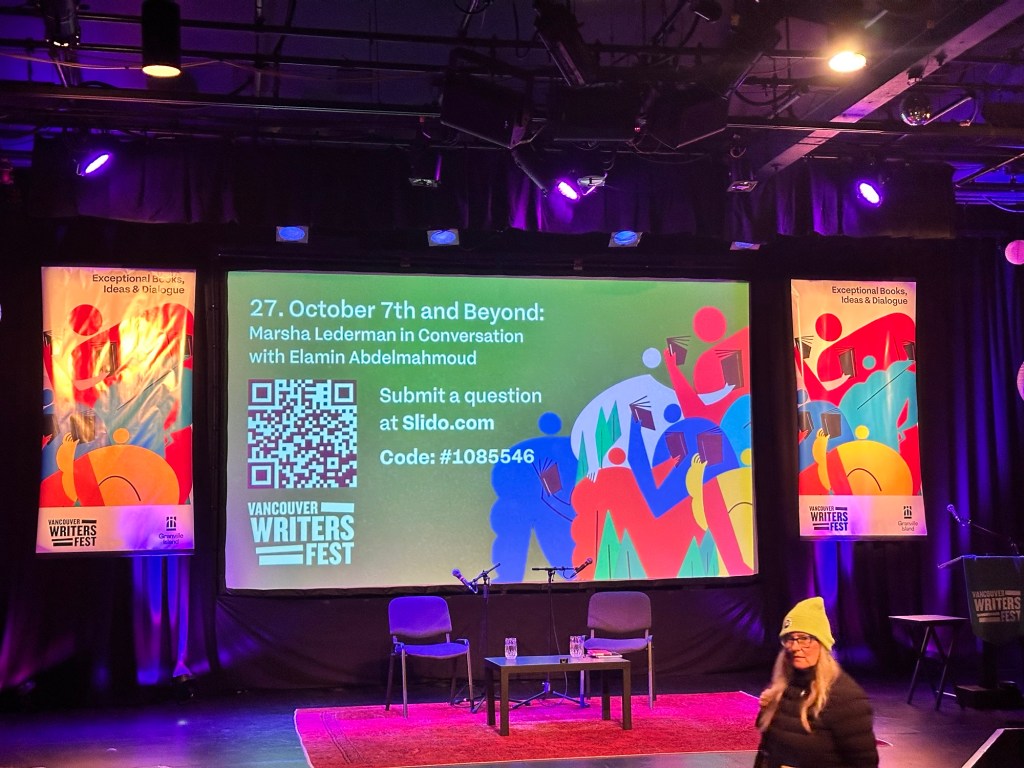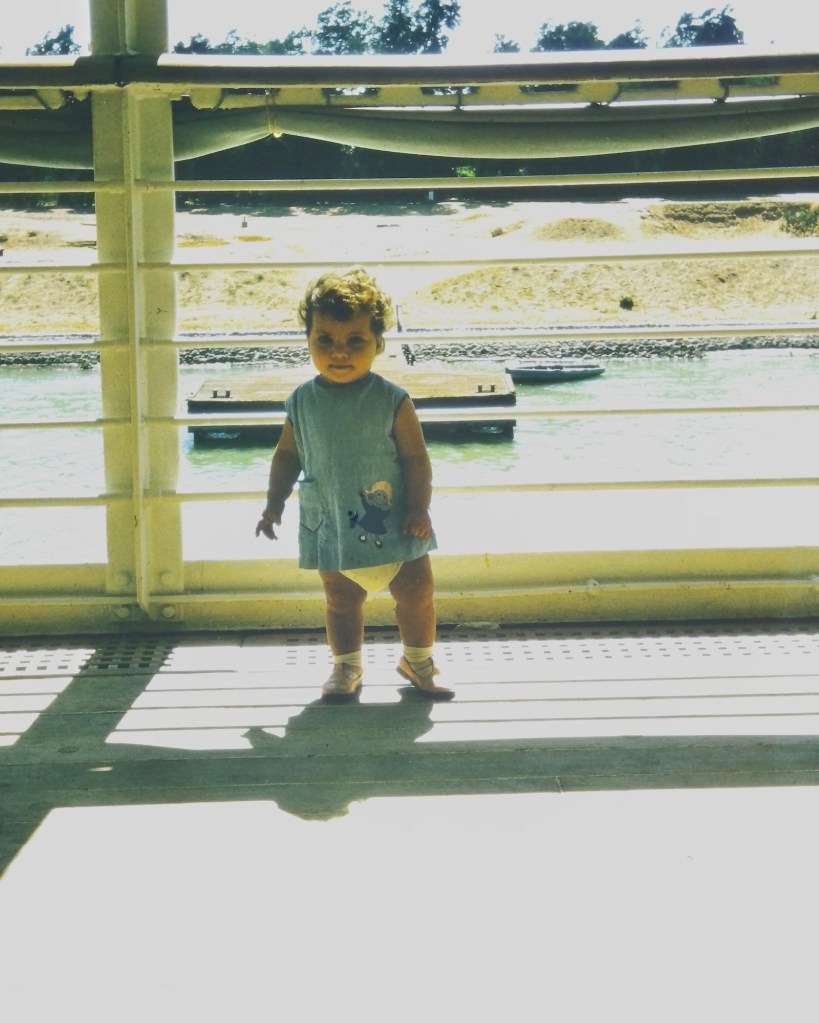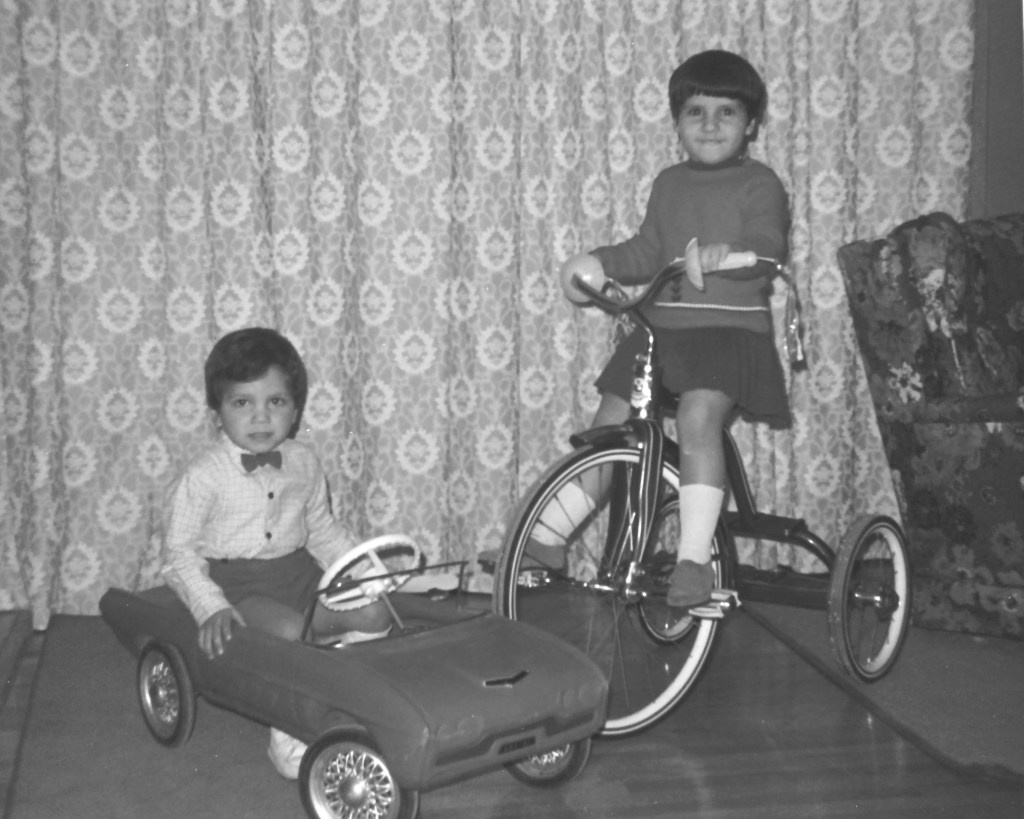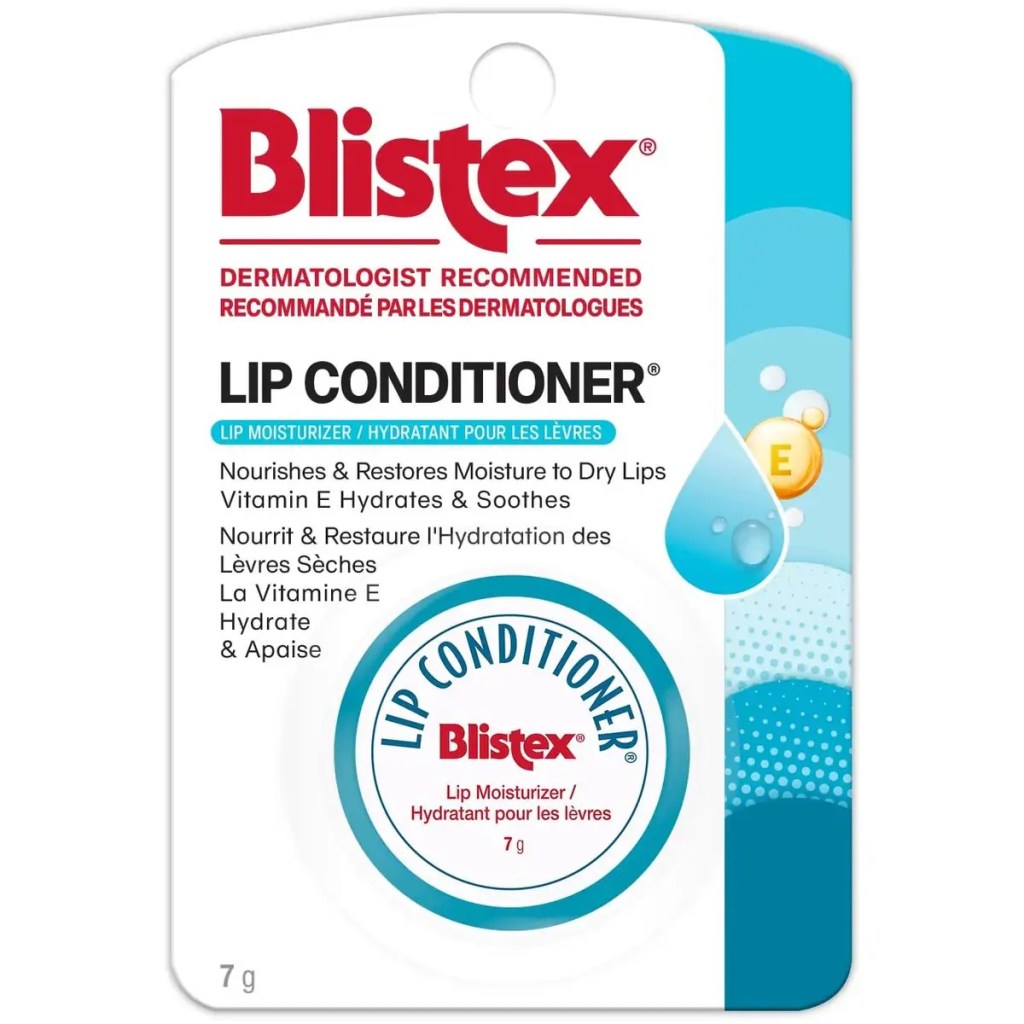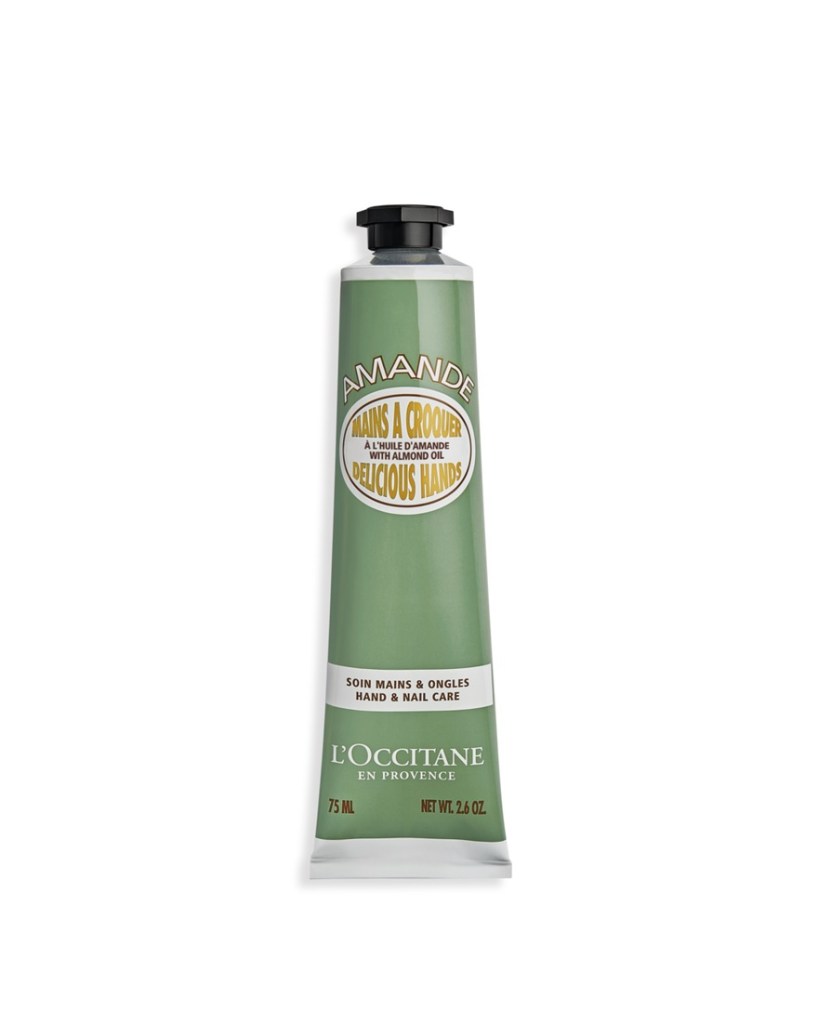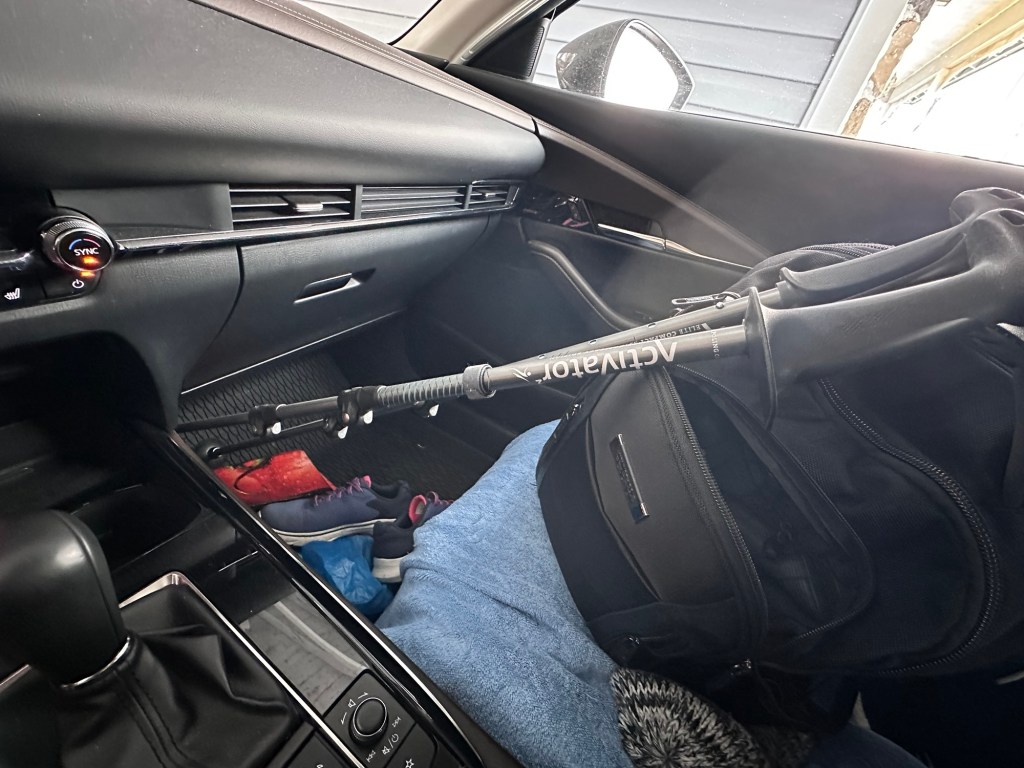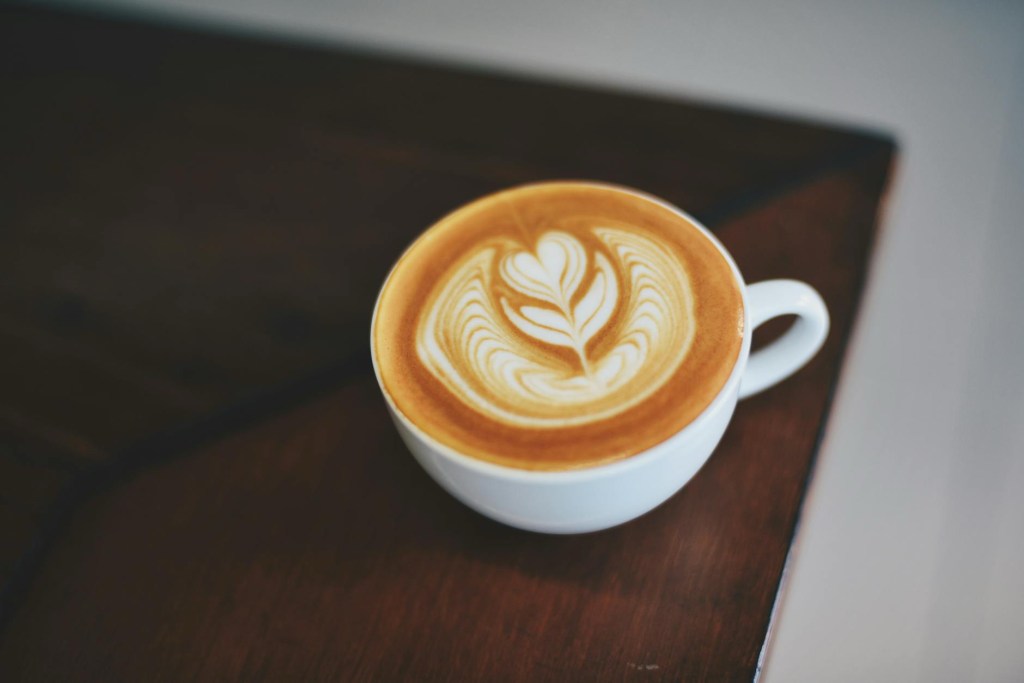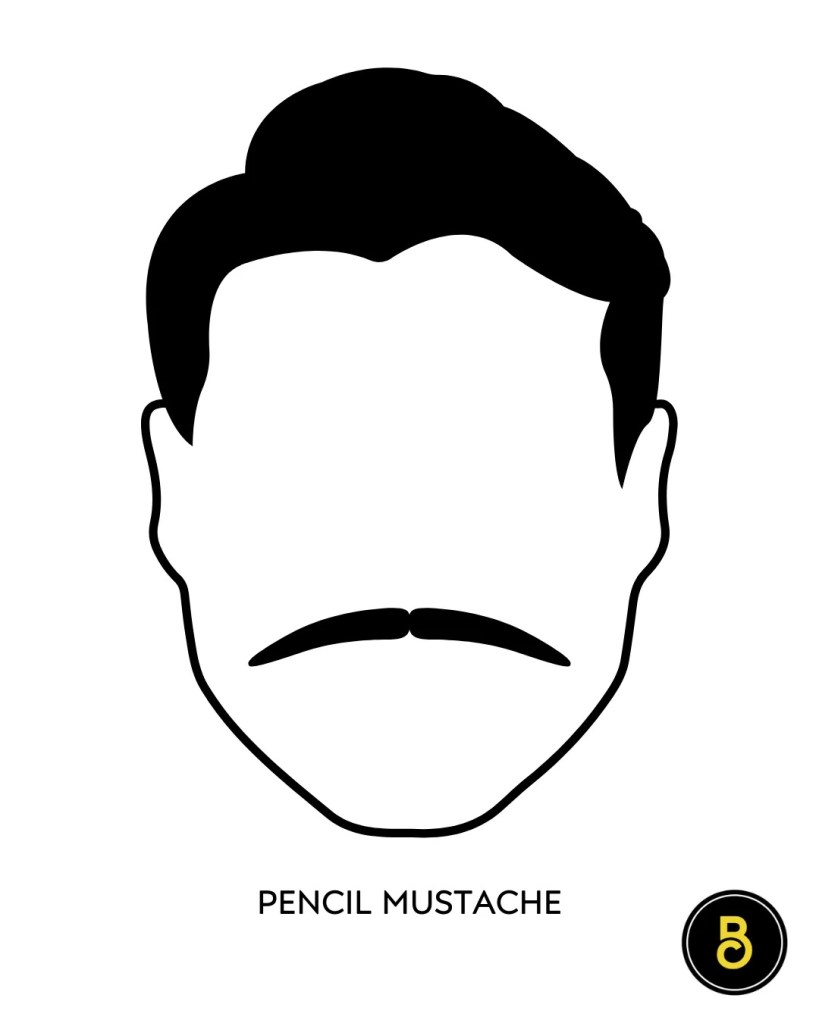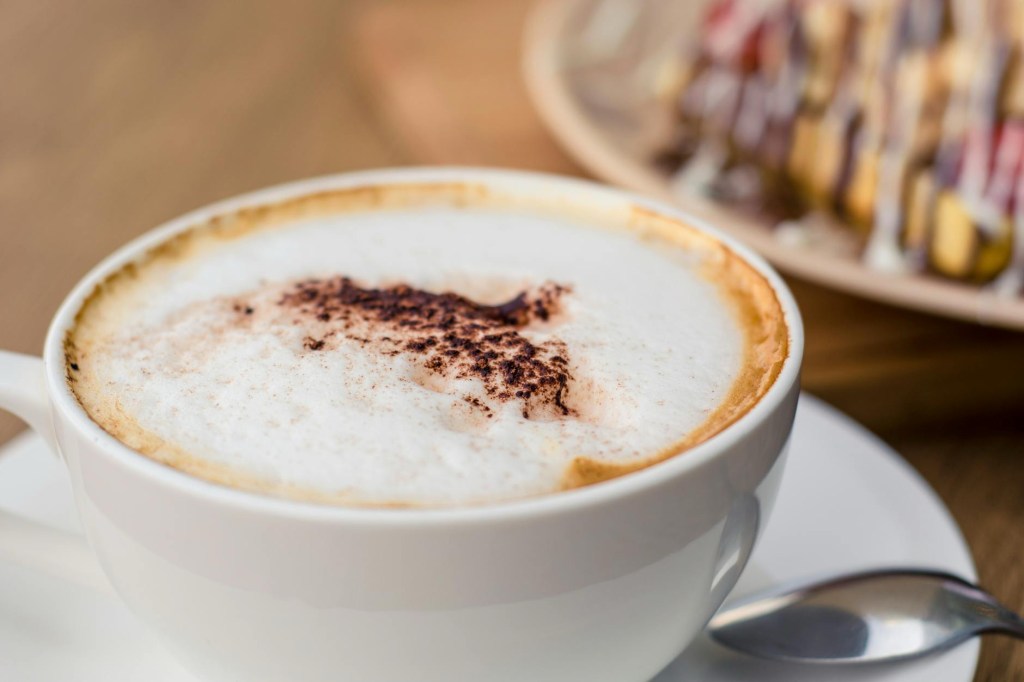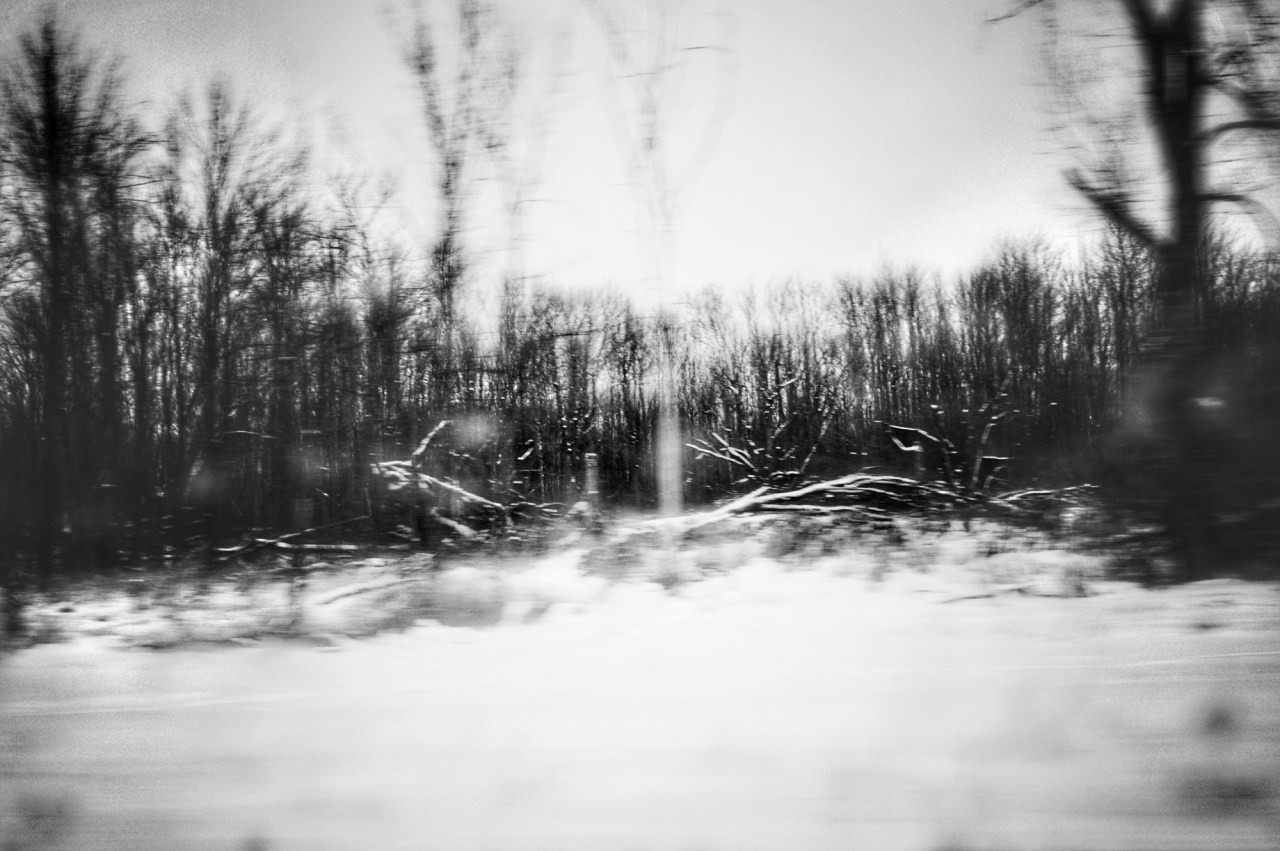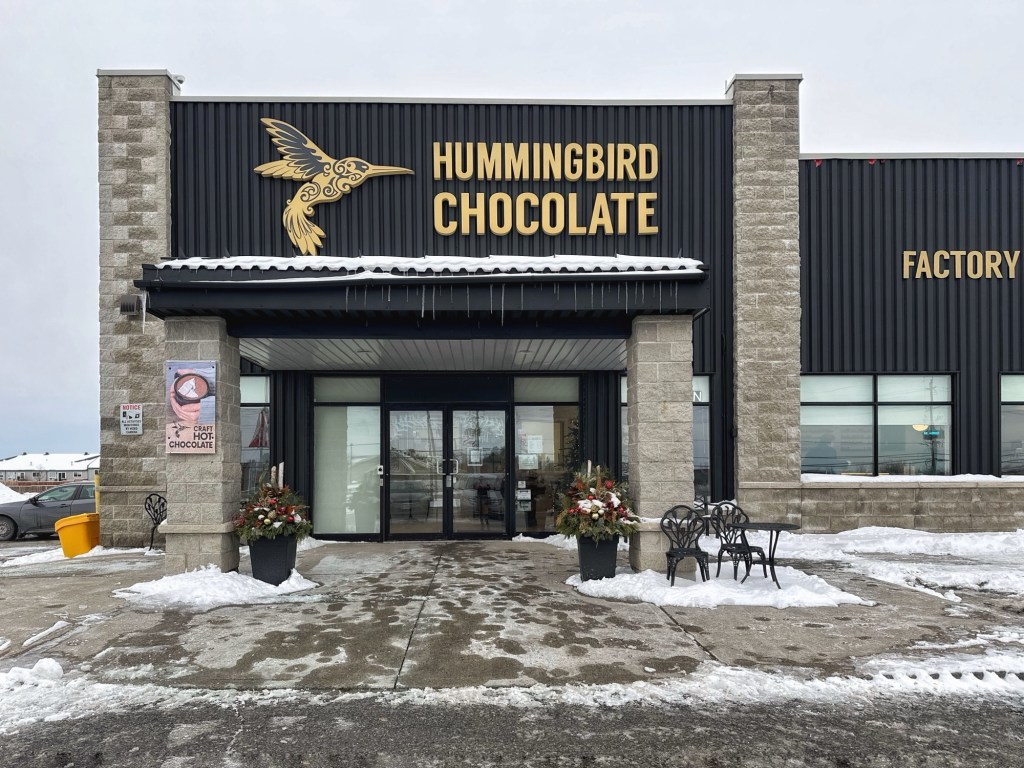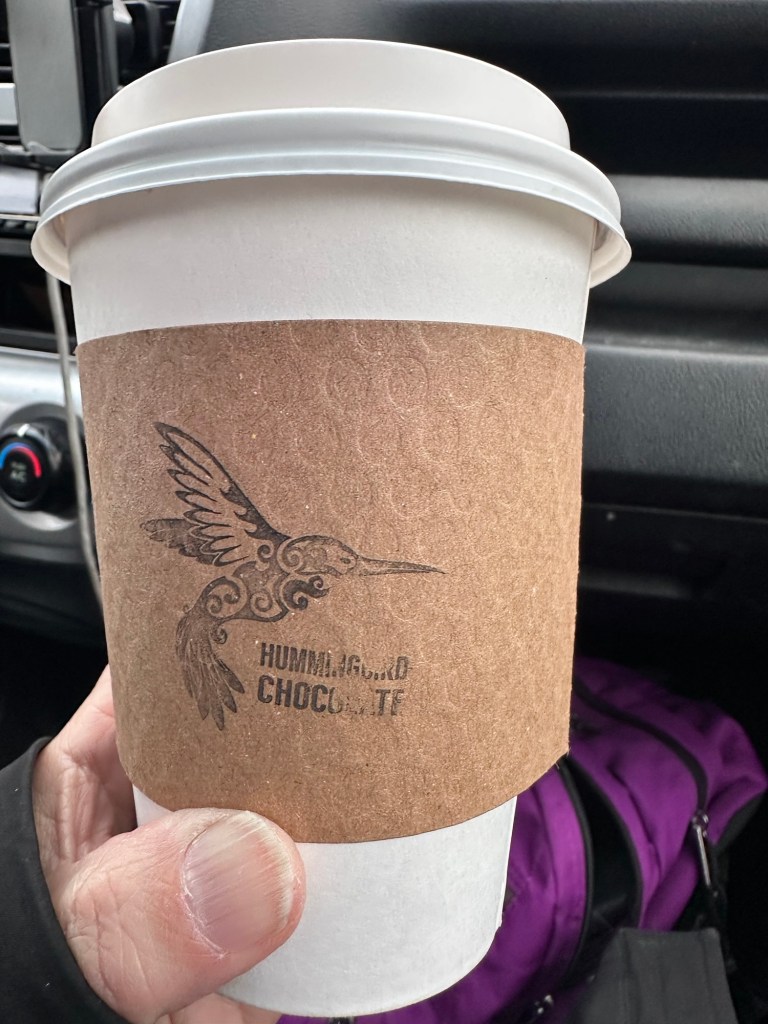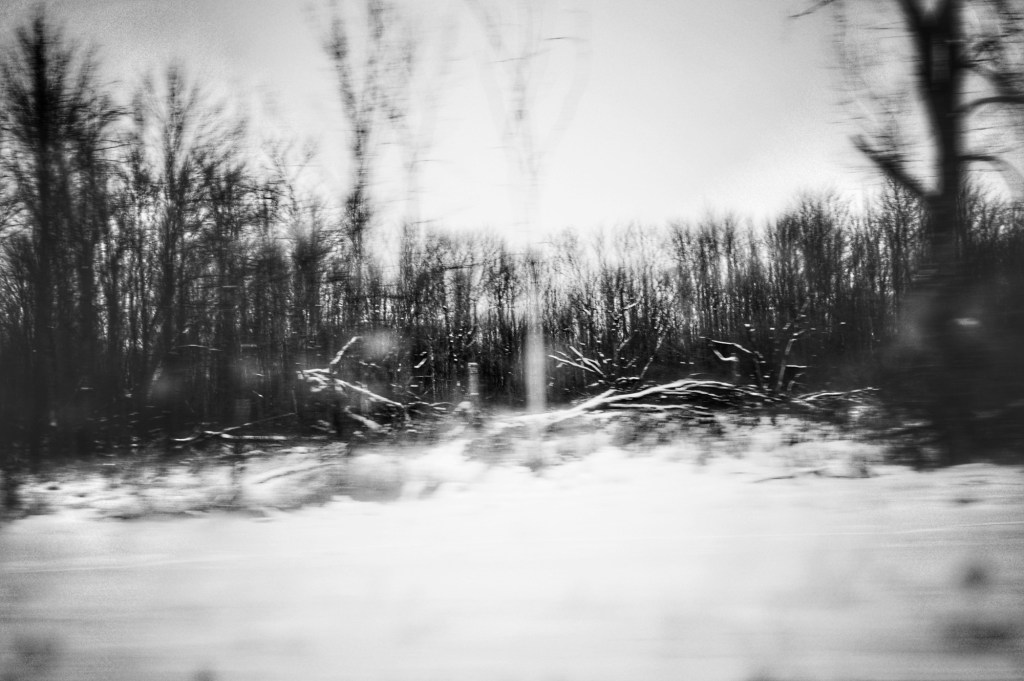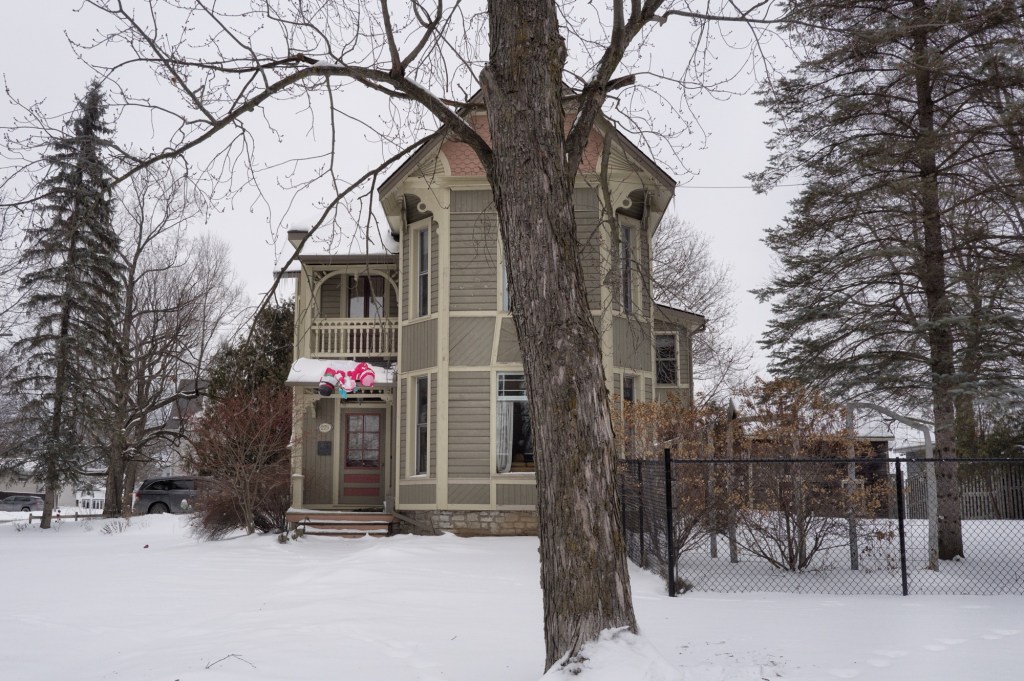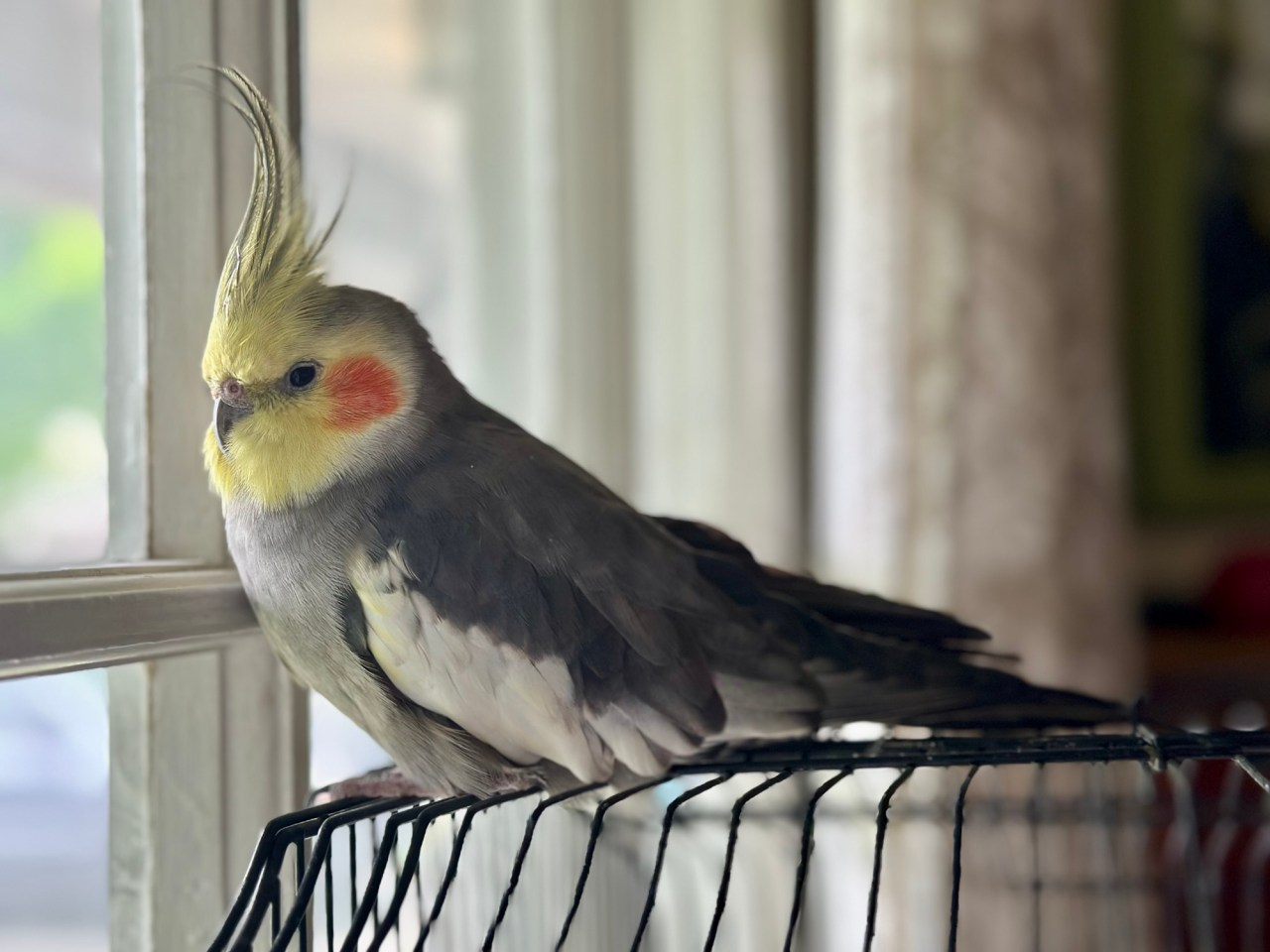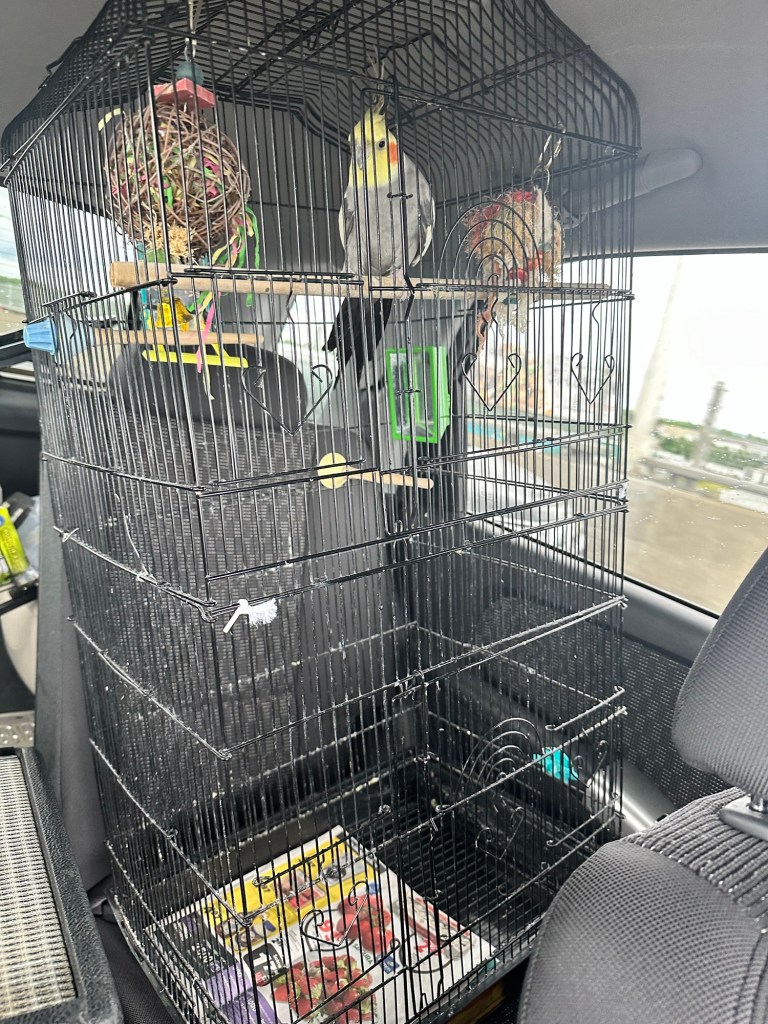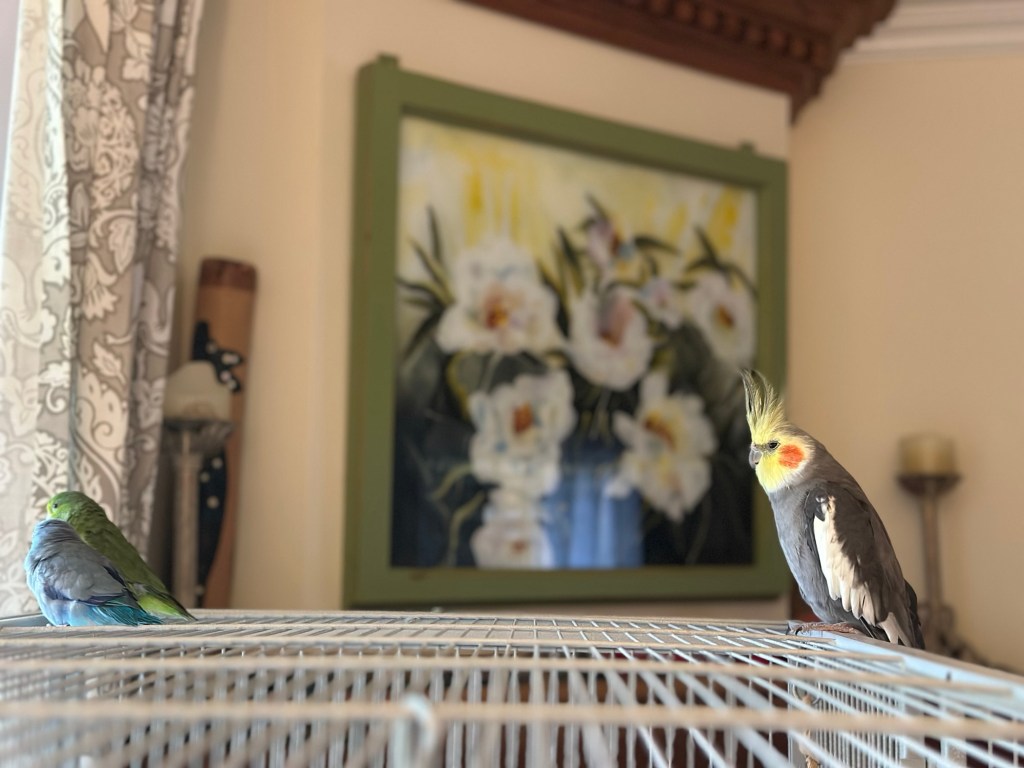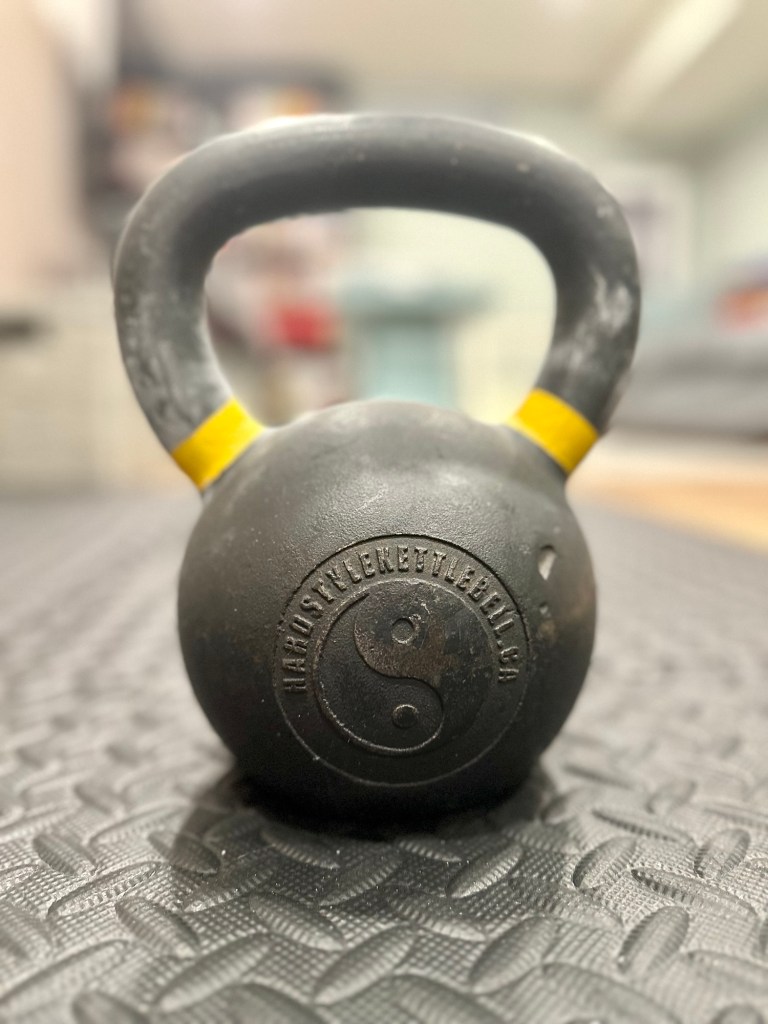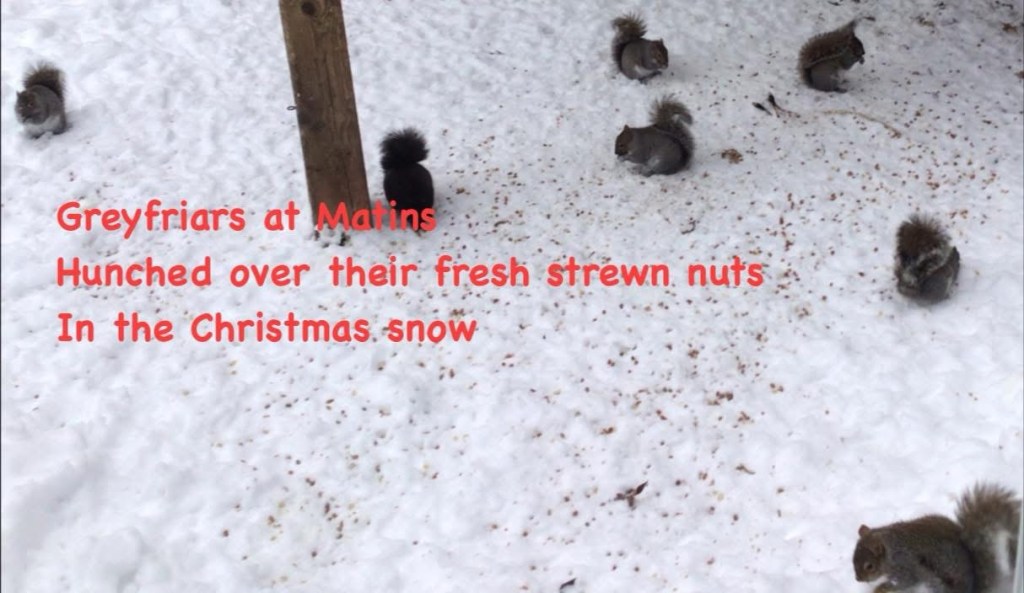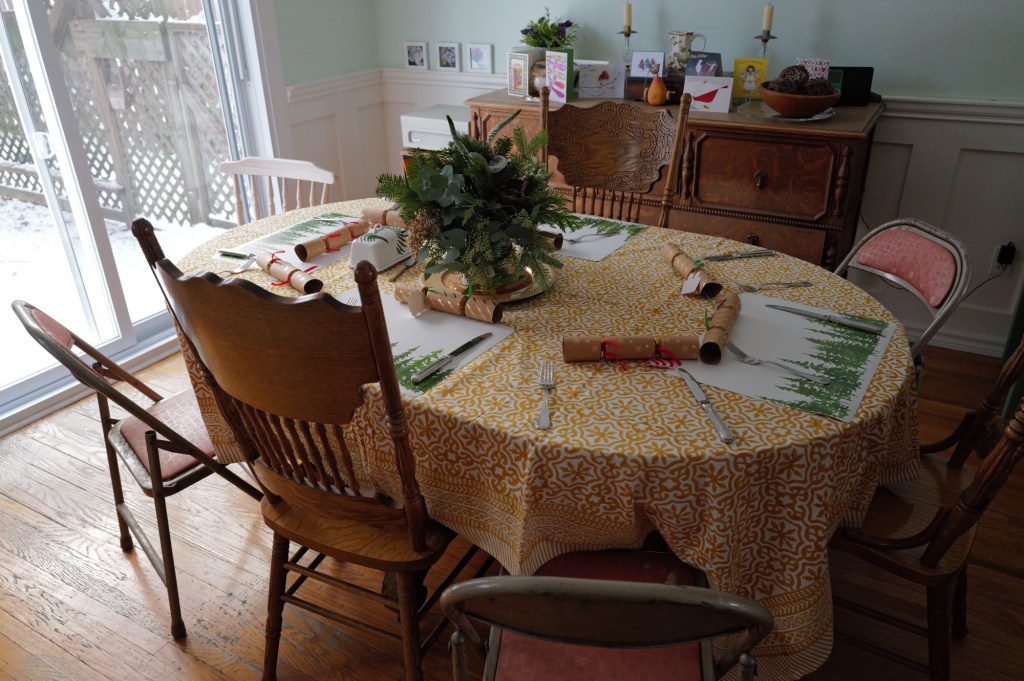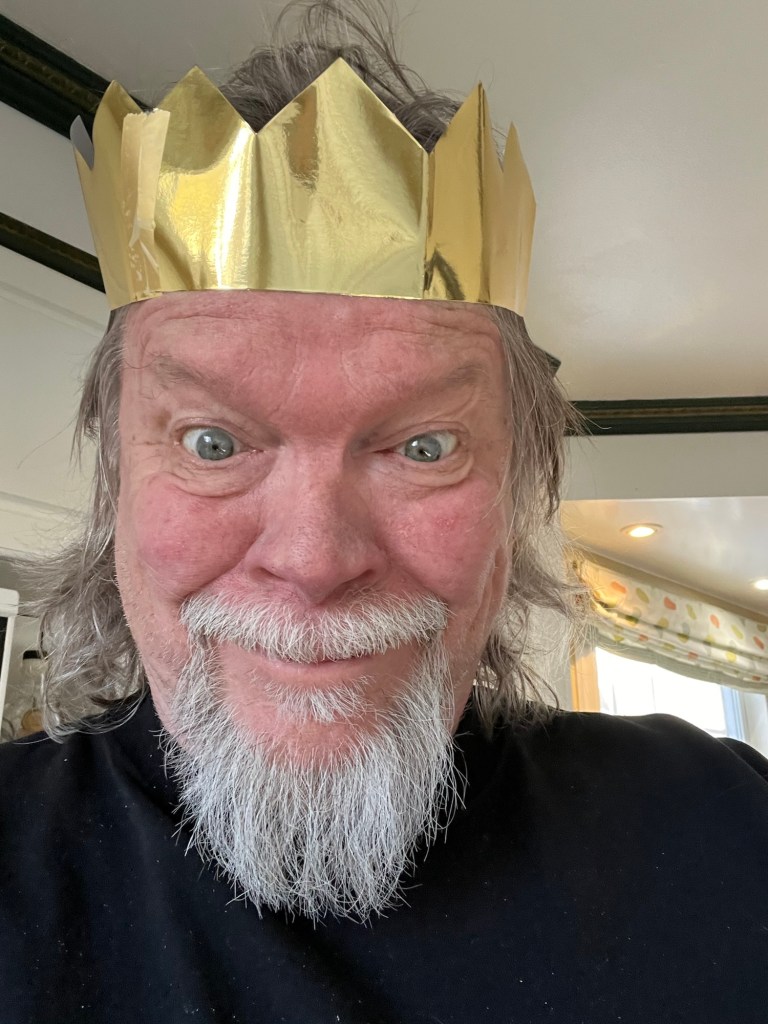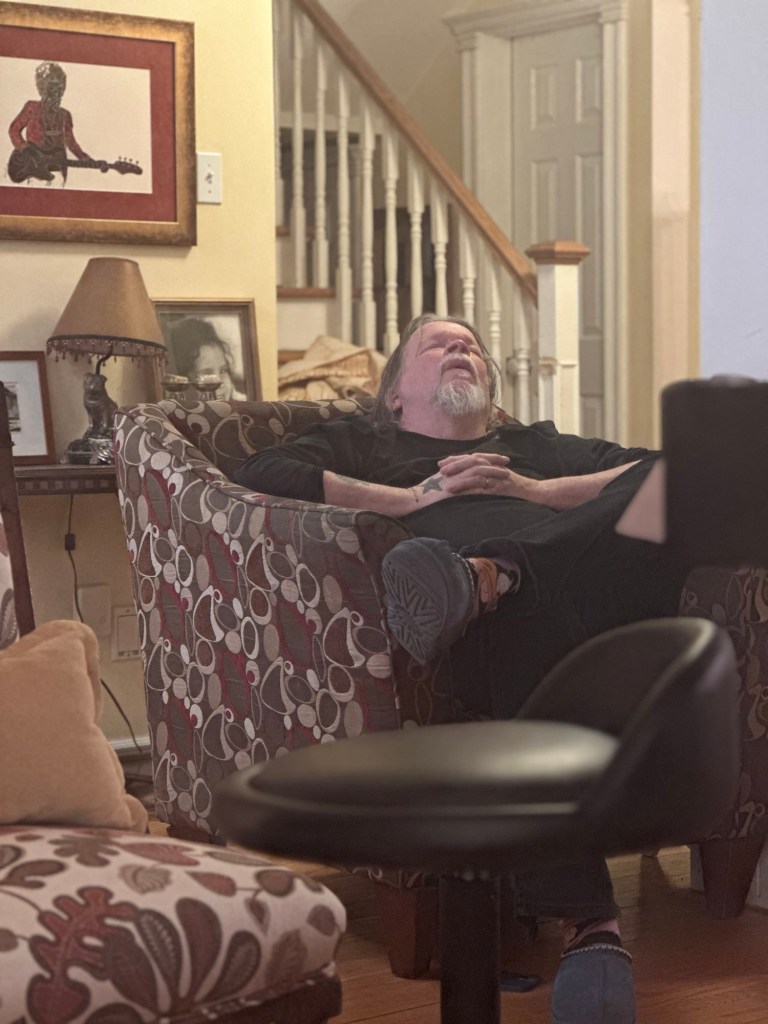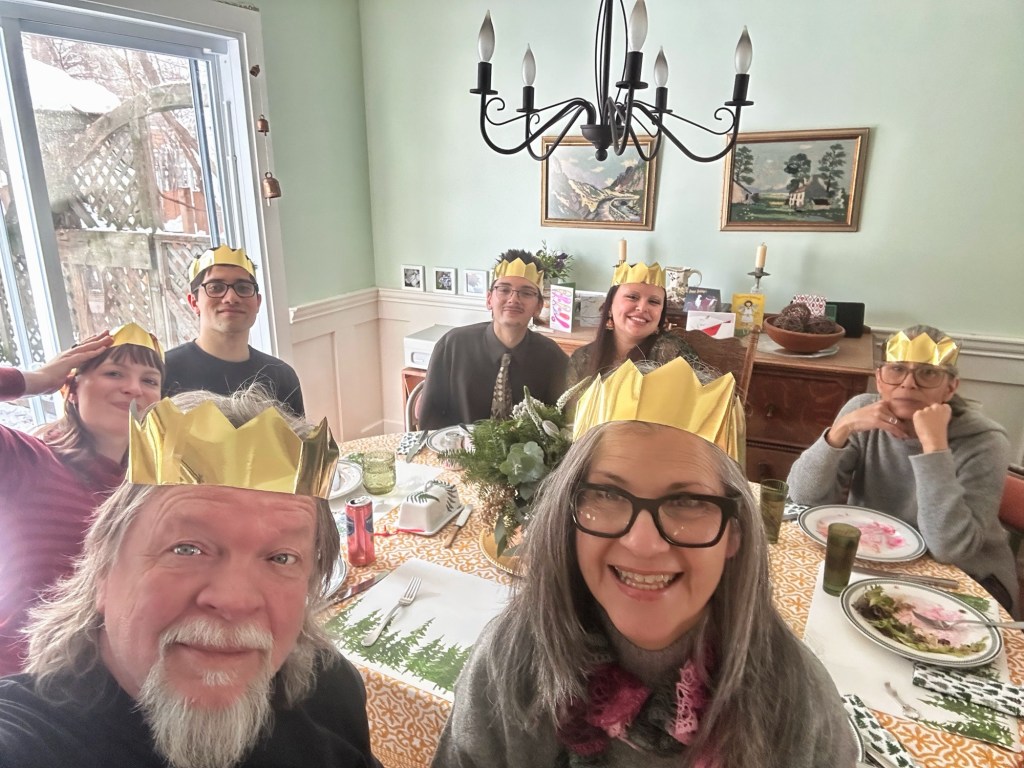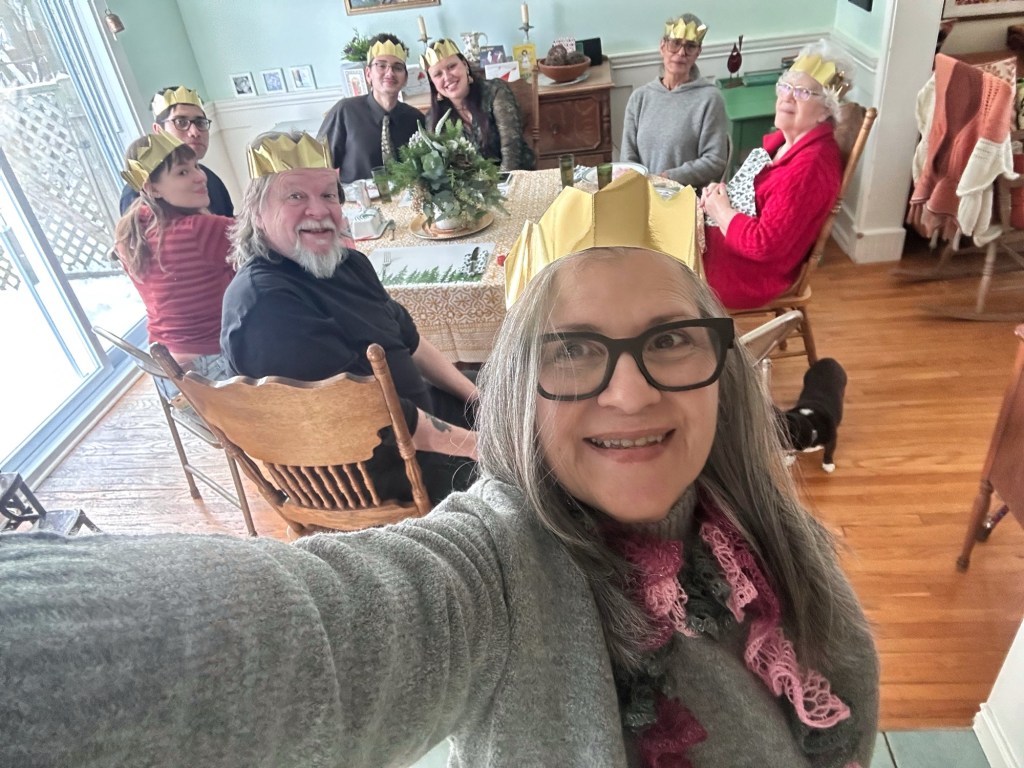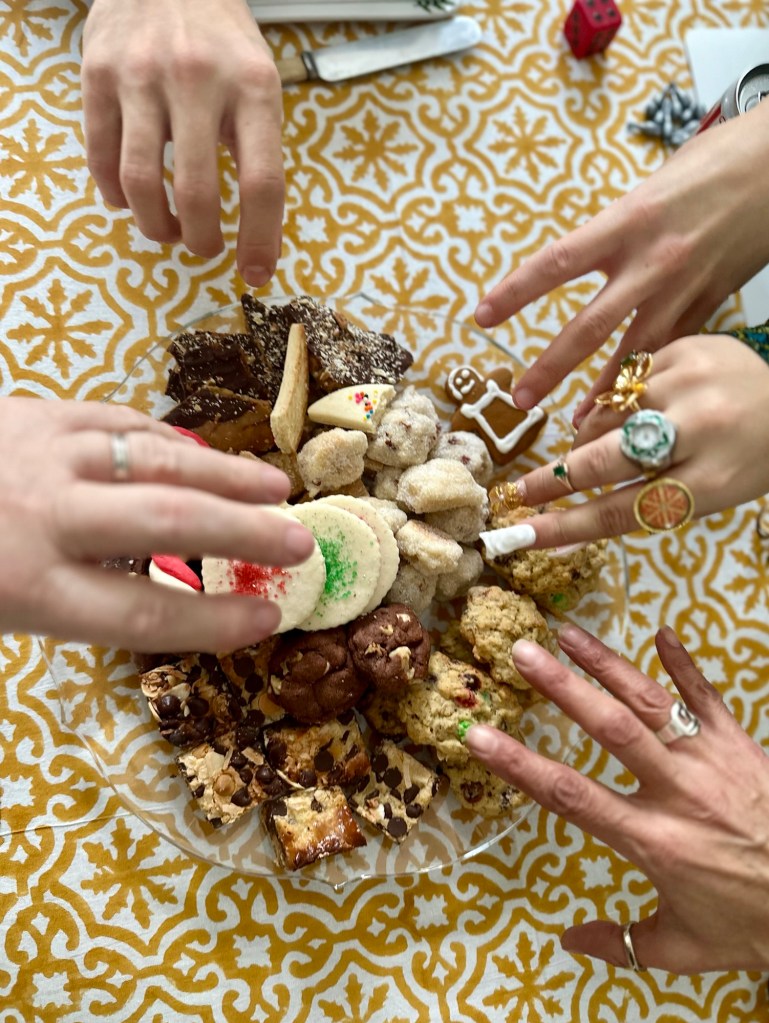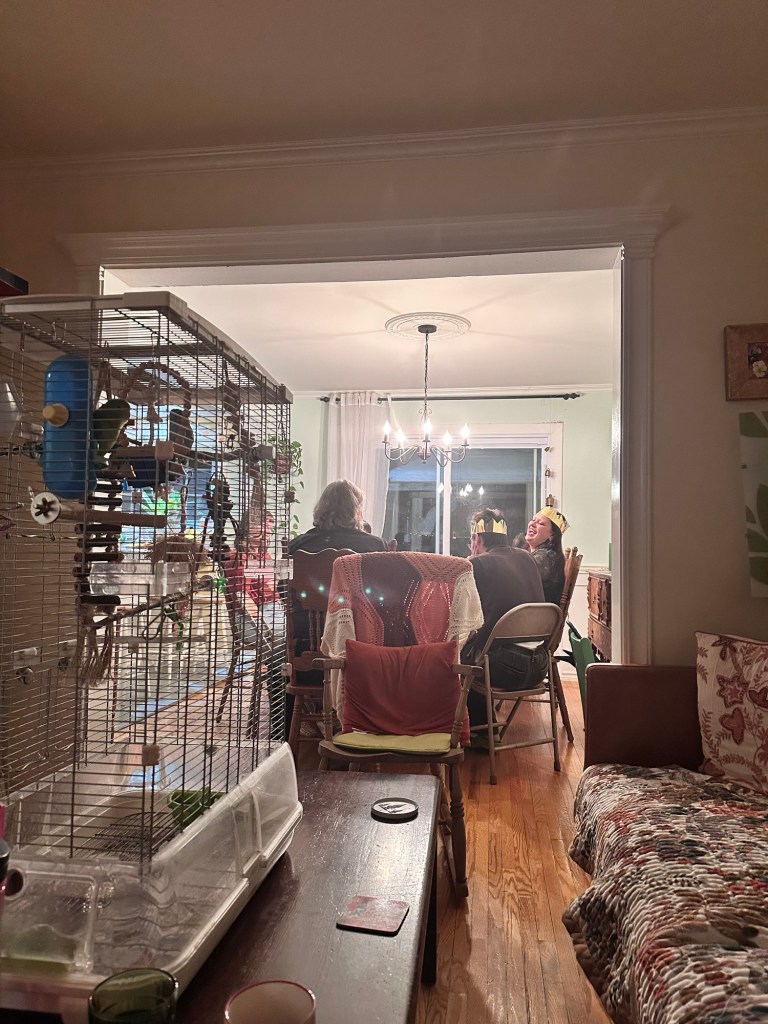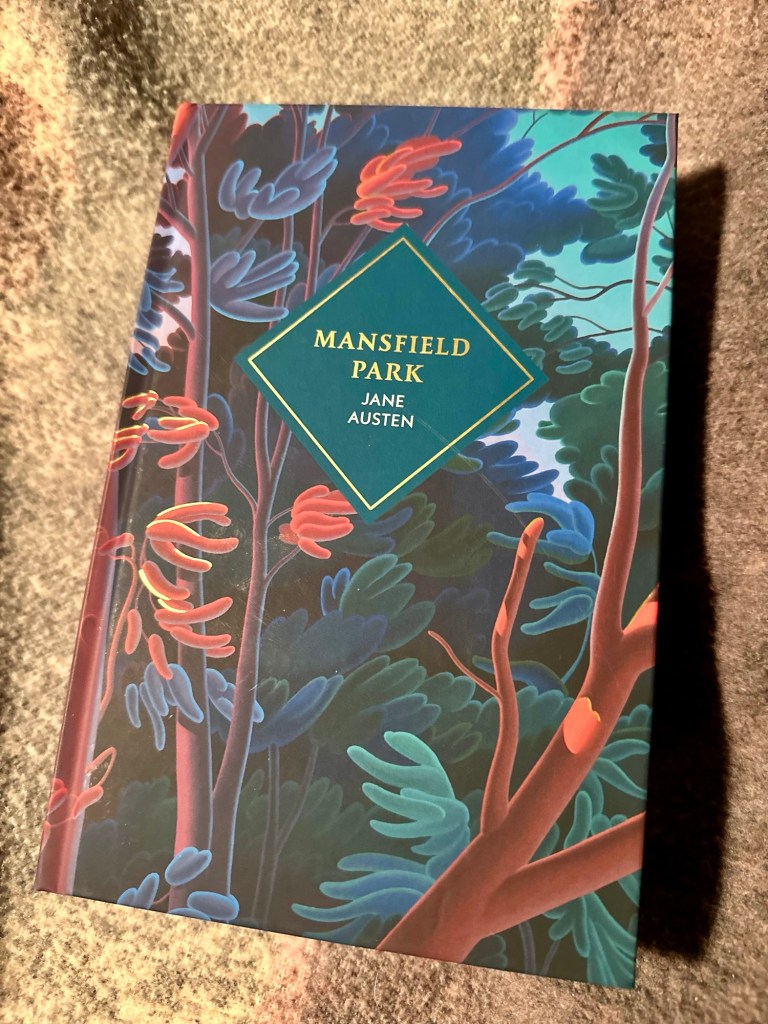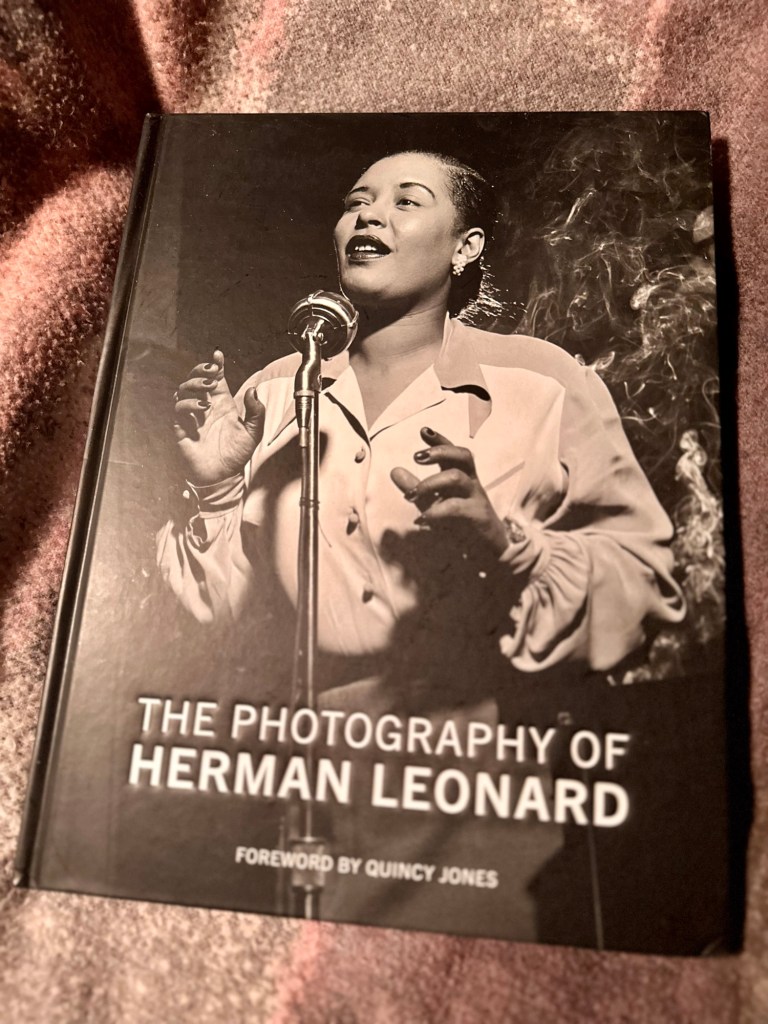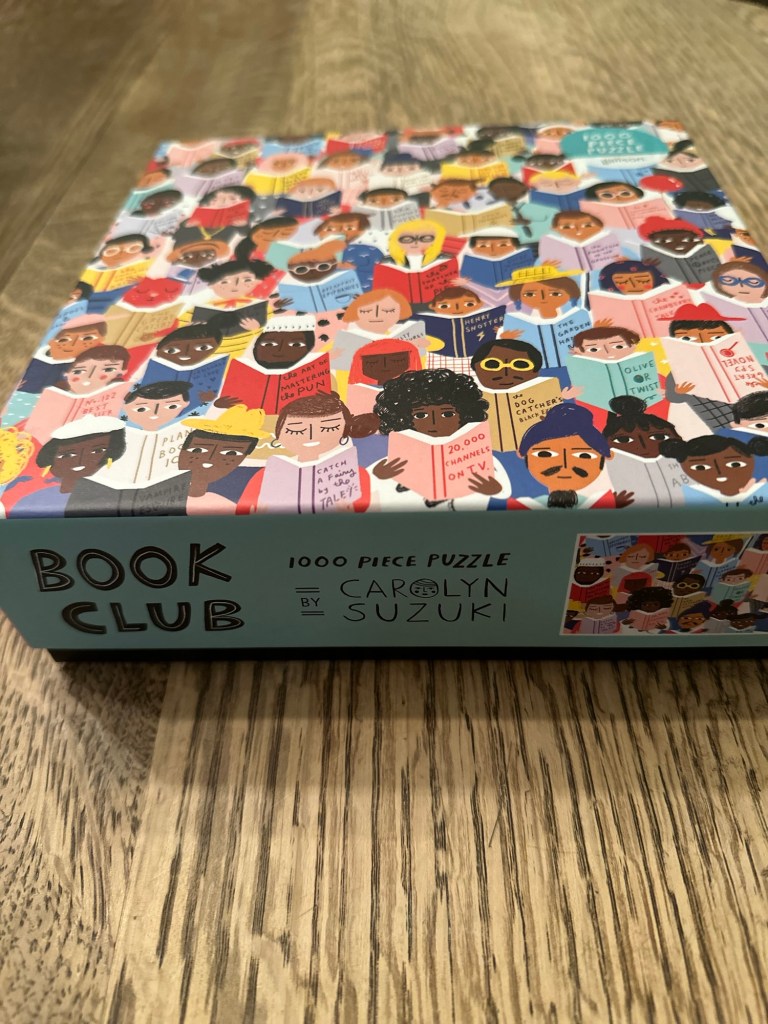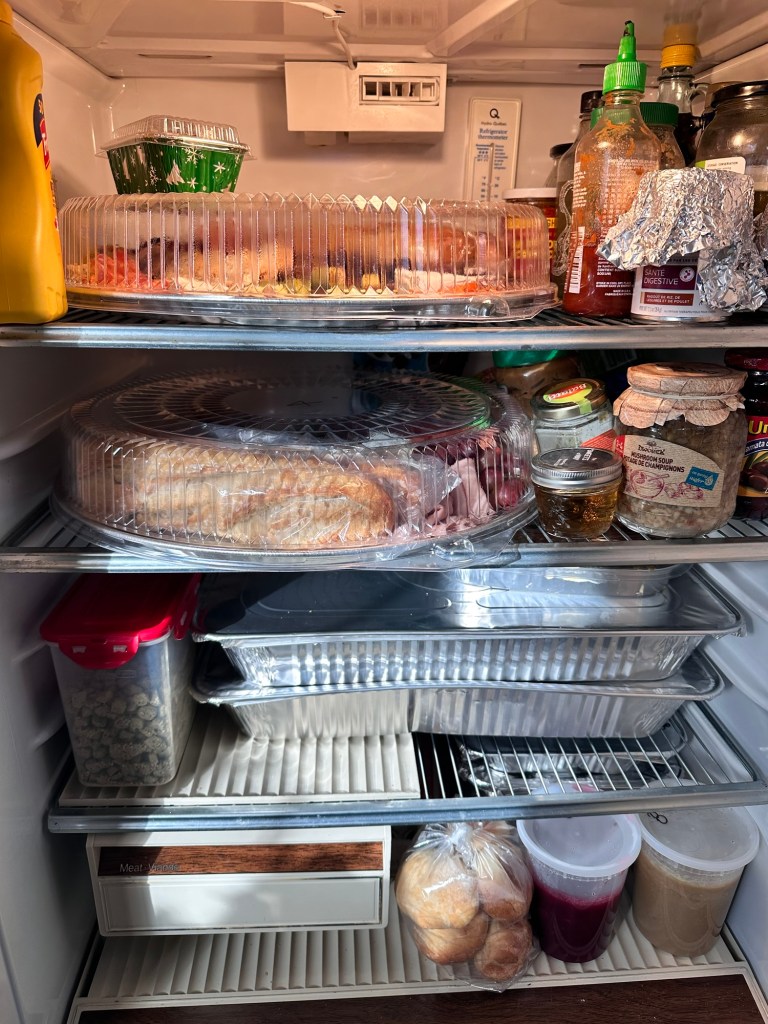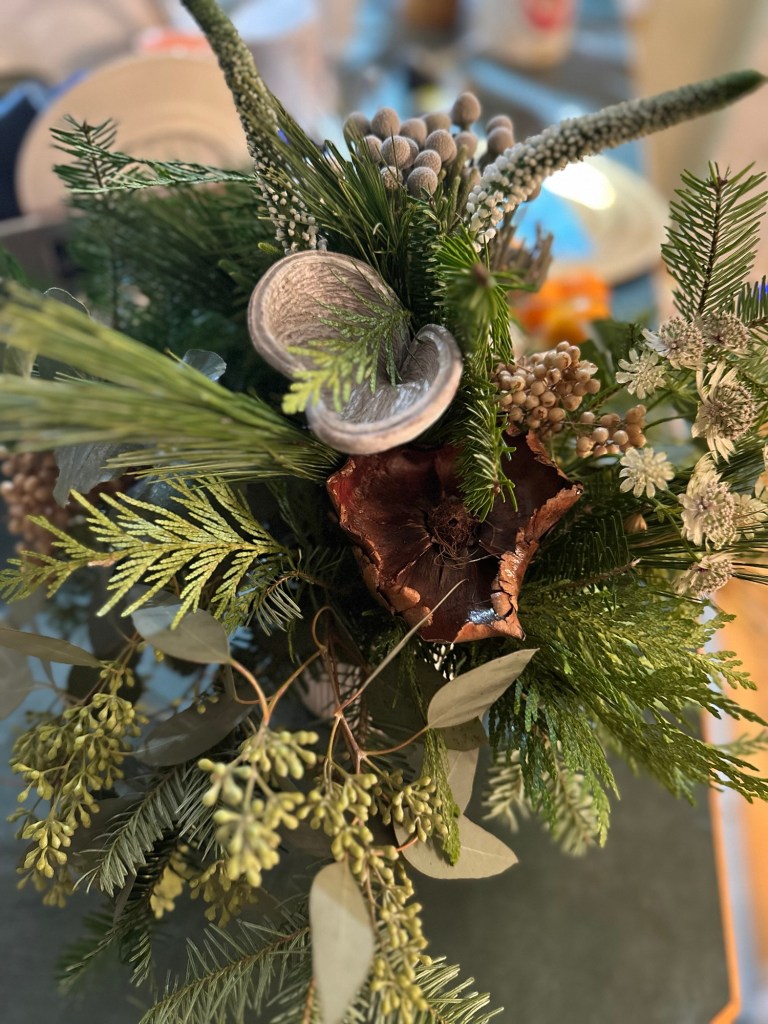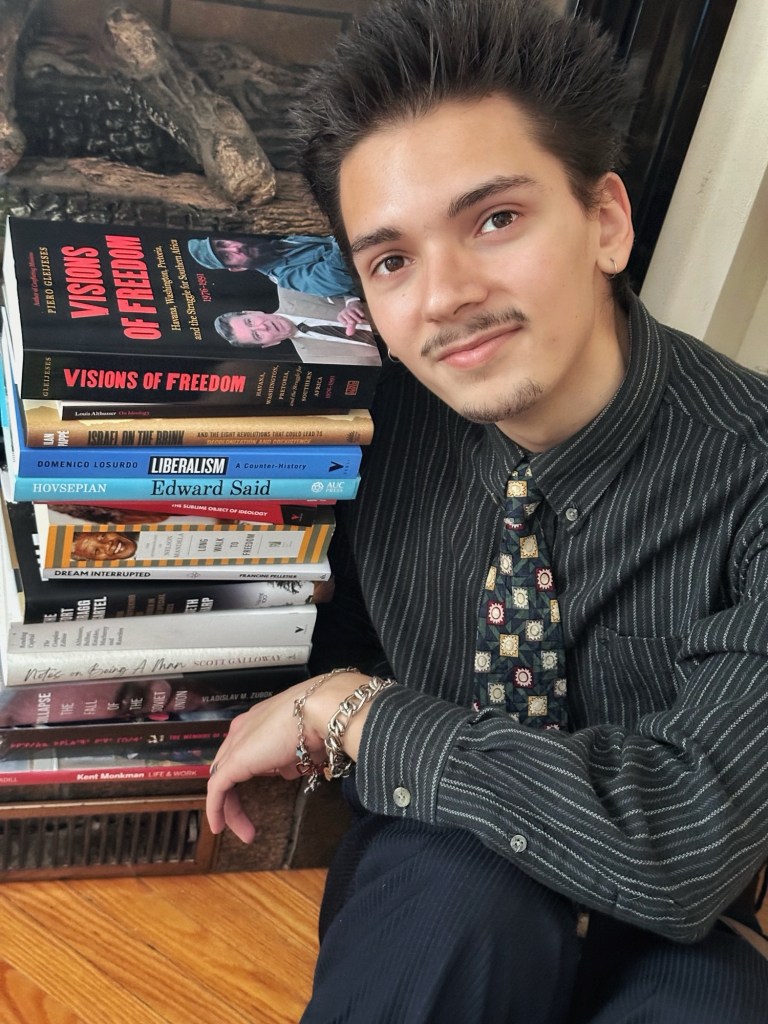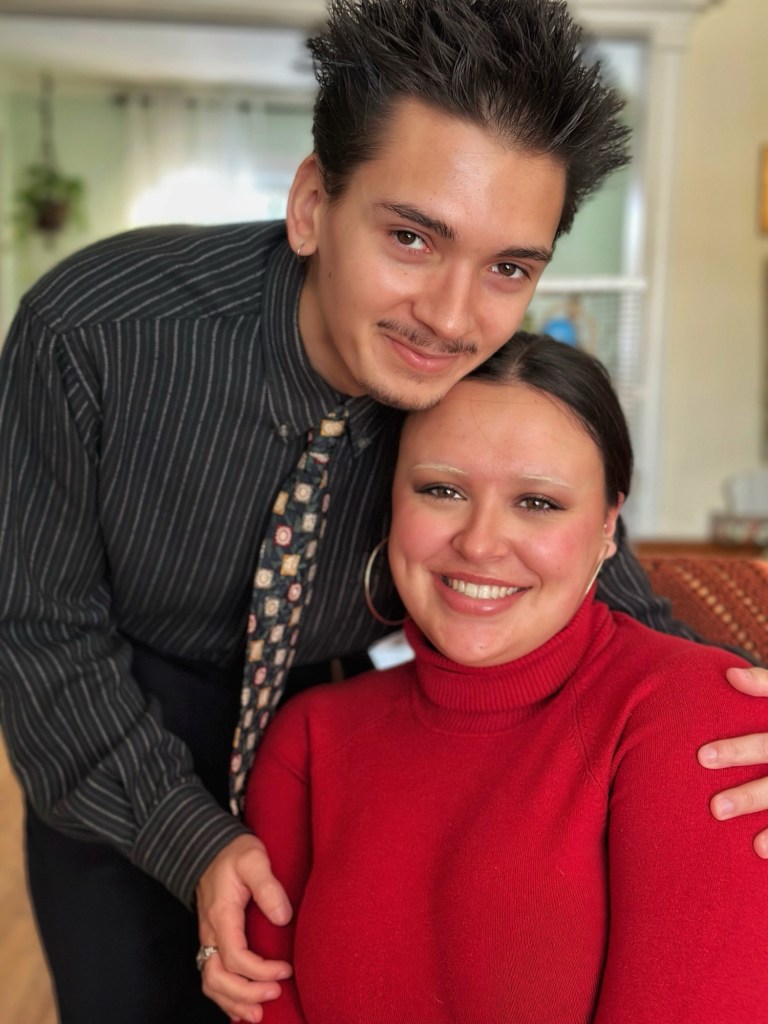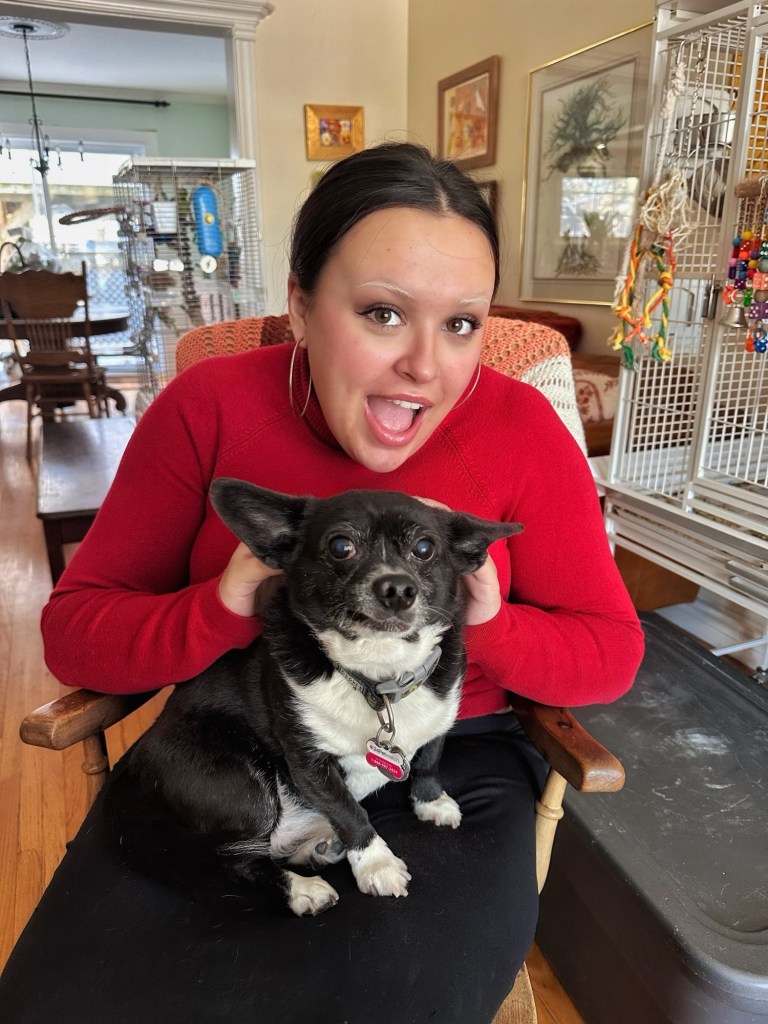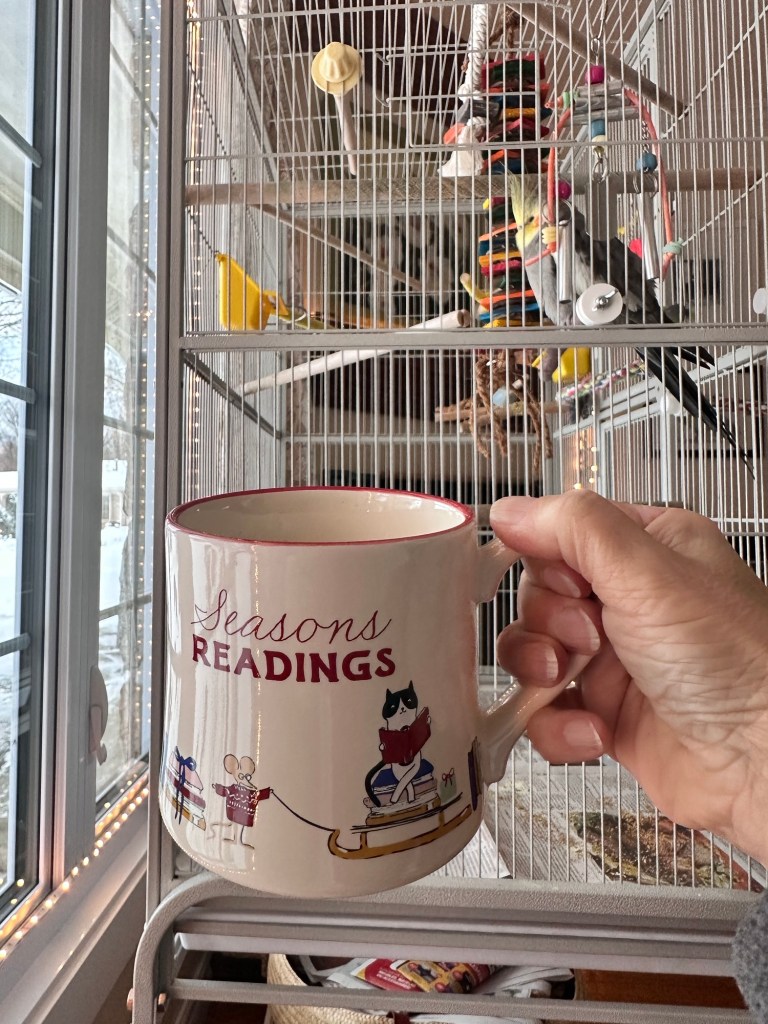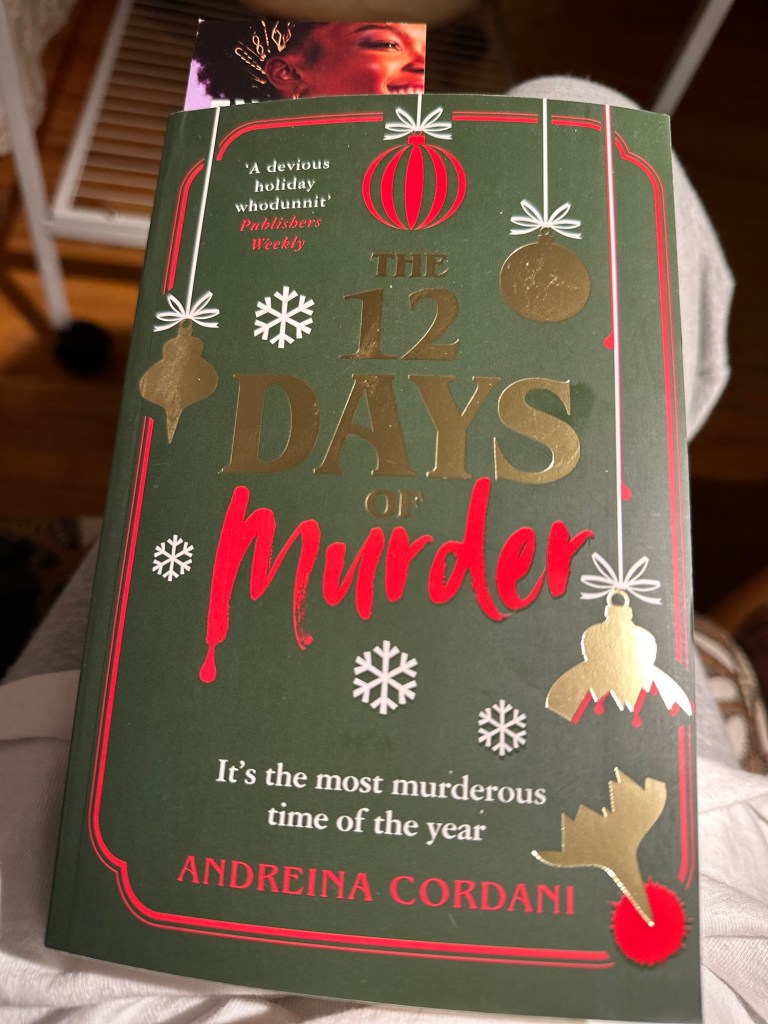Today is our ninth wedding anniversary.
Our mornings begin early, as we carry two of our three elderly dogs (the chihuahua is self-propelling, for now), rather bleary-eyed, downstairs for toileting and feeding.
We are a well-oiled machine of routine at this time, working as a team. It helps that all three dogs eat the same kibble, low-fat gastrointestinal fare that some might describe as ghastly-gastro, with some wet food mixed in. The row of bowls ascend in size, not unlike the ones in Goldilocks and the Three Bears. One of the dogs takes morning pills that I sprinkle on top of the food. My husband puts our most recent rescue, Maggie shih-tzu, on a leash; she was an only dog in her previous household and demonstrates her impatience by barking in outrage at the unreasonable wait time, all four paws leaving the ground in quite the gravity-defying feat considering her heftiness.
Admittedly, I need oversight to put the correct bowl in front of its respective dog, being overly dependent on my first coffee to kickstart my brain. My husband is the perfect overseer in the dawn light, before he drinks what I refer to as his double-double (translation: four espresso shots straight, in one go).
At some point in this process, somewhere between starting the coffee machine and organizing my own morning pills and supplements (vitamin D to prevent further loss of stature, Tylenol for aches and pains, creatine for muscle power, collagen for joint health), I remembered it was our anniversary.
“Hey, happy anniversary!”
We then proceeded to sing Happy Anniversary, the Flintstones version, in unison.
It was a fun break in the routine, and once done, we proceeded to feed our three birds.
A little later, while sipping my coffee, Ian slipped me a lovely bird-themed card. Unusually for me, I was empty-handed this year, more than a little burnt out from birthday celebrations (not mine, mind you), caregiving and generally, the winter blahs.
That being said, I have showed my love in kind of late, by sleeping on the sofa for several nights in a row, to spare Ian the dreadful birthday cold/flu I contracted. I also showed up (tortured introvert soul and all) to the large, celebratory and very public 70th birthday party he threw himself on Valentine’s Day (his actual birthday).
So how did we spend today? At our local avian vet with two of our three birds, one for her monthly hormone injection (to prevent nesting and egg laying, and the other to investigate a recent onset of dyspnea. Turns out the latter issue is due to an enlarged, fatty liver pushing up into the lung space, probably due to age. Nothing to do but monitor and manage it with some supplements.
While waiting for birds, we stopped by our favourite cafe in the area: Cafe 92. It was empty at first but soon filled up with the lunch crowd. My outgoing husband struck up a conversation with a lovely retired couple seated next to us: Julian and Helen, interrupted only by a call from the vet telling us that our birds were ready for pick-up. Sometimes these encounters annoy me because I prefer to conserve energy and stay in my bubble but you cannot harness an extrovert, they will implode.
Back home, the light is waning. There is not likely to be a candlelit dinner, moon-gazing or a love poem this evening and that’s okay. Old love is steady and precious because, well, because we are impermanent. Rather, old love appears and reappears in small gestures: a shared eye roll that you don’t even have to execute to communicate, a ride to an appointment during a snow storm, a shoulder squeeze in passing, or carrying and feeding all three dogs solo those mornings when your partner lies feverish on the sofa.
Happy anniversary, my love.
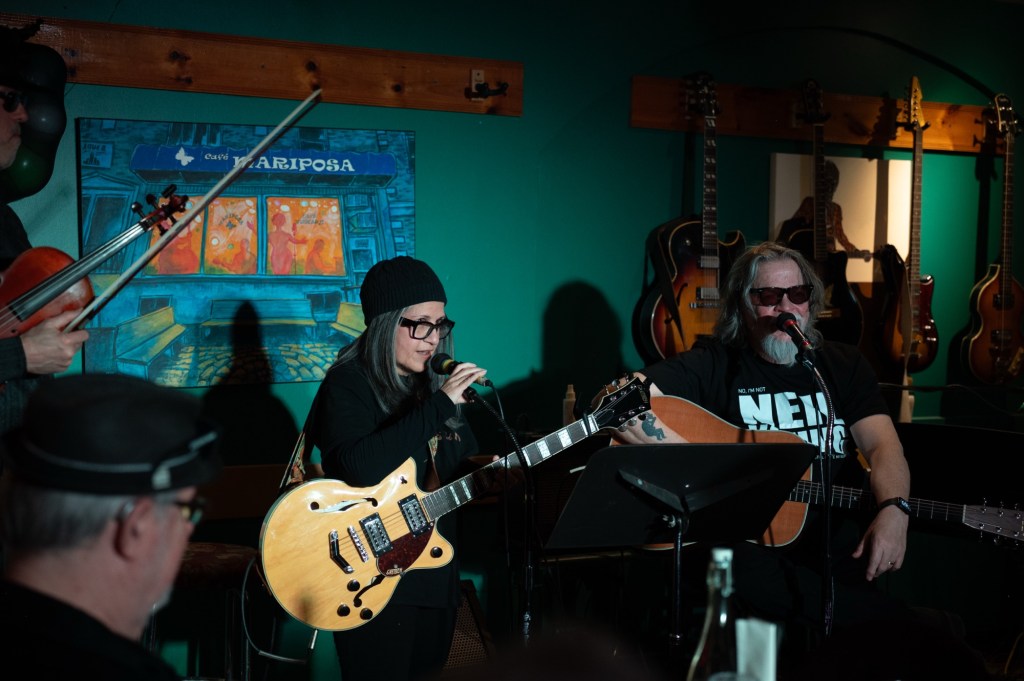
**************************************************************
In other news, I applied sea weed hand cream to my wet hair instead of hair product before styling last week, a pretty big dollop of it. Washing and drying my hair is always an ordeal, a complete waste of years, possibly decades of my life. I considered buying some dry shampoo to soak up the moisturizer but as it turned out, it added a bit of authenticity to my feverish state over the weekend.
**************************************************************
I have been strangely obsessed with the phenomenon of avalanches for the past week or so, probably because there have been some devastating ones of late causing a tragic loss of life. I read news articles and scientific reports of the effects of global warming and the mechanics of an avalanche. All it takes in one snowflake to start the ball rolling or the layers shifting. I was also worried because a close friend’s husband was skiing in the French Alps and even though he’s not my husband, I managed to think about it and catastrophize on and off the week he was away until I heard he had returned home safely.
I usually protect myself from this kind of stress by never ever taking any kind of risk that could possibly find me on a steep slope atop unstable layers of snow. You will also never catch me on any mode of transportation that could tip over like a boat or an all-terrain vehicle or a rickshaw driving through New Delhi or floating through the air with a parachute that may not open or holding a bunch of helium balloons that may lift me up and away towards a mountainside.
Sometimes I wonder how I will die. Will my death be a spectacular explosion or will I just fade away? I’m guessing it won’t be a newsworthy item. LOL.


